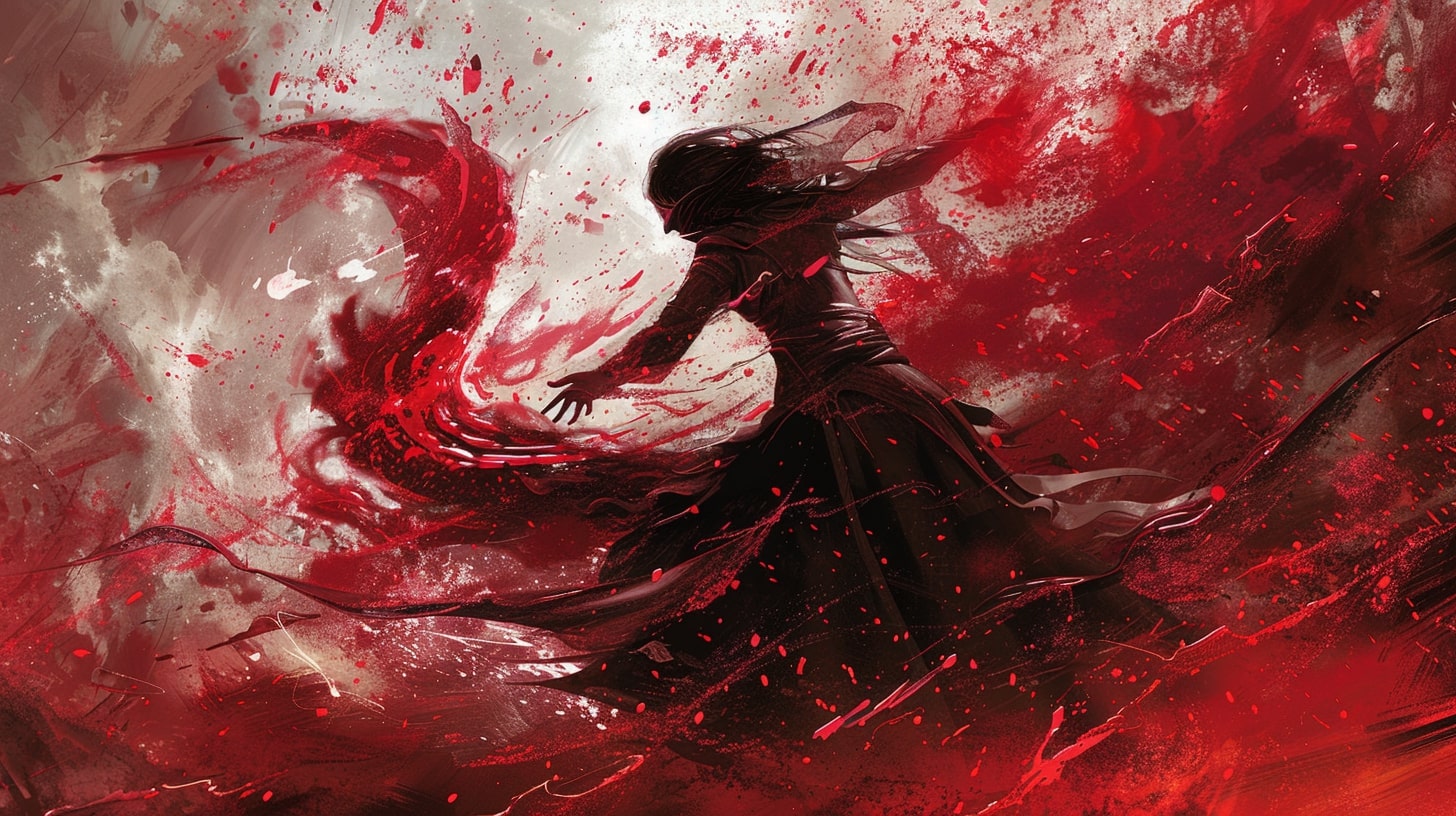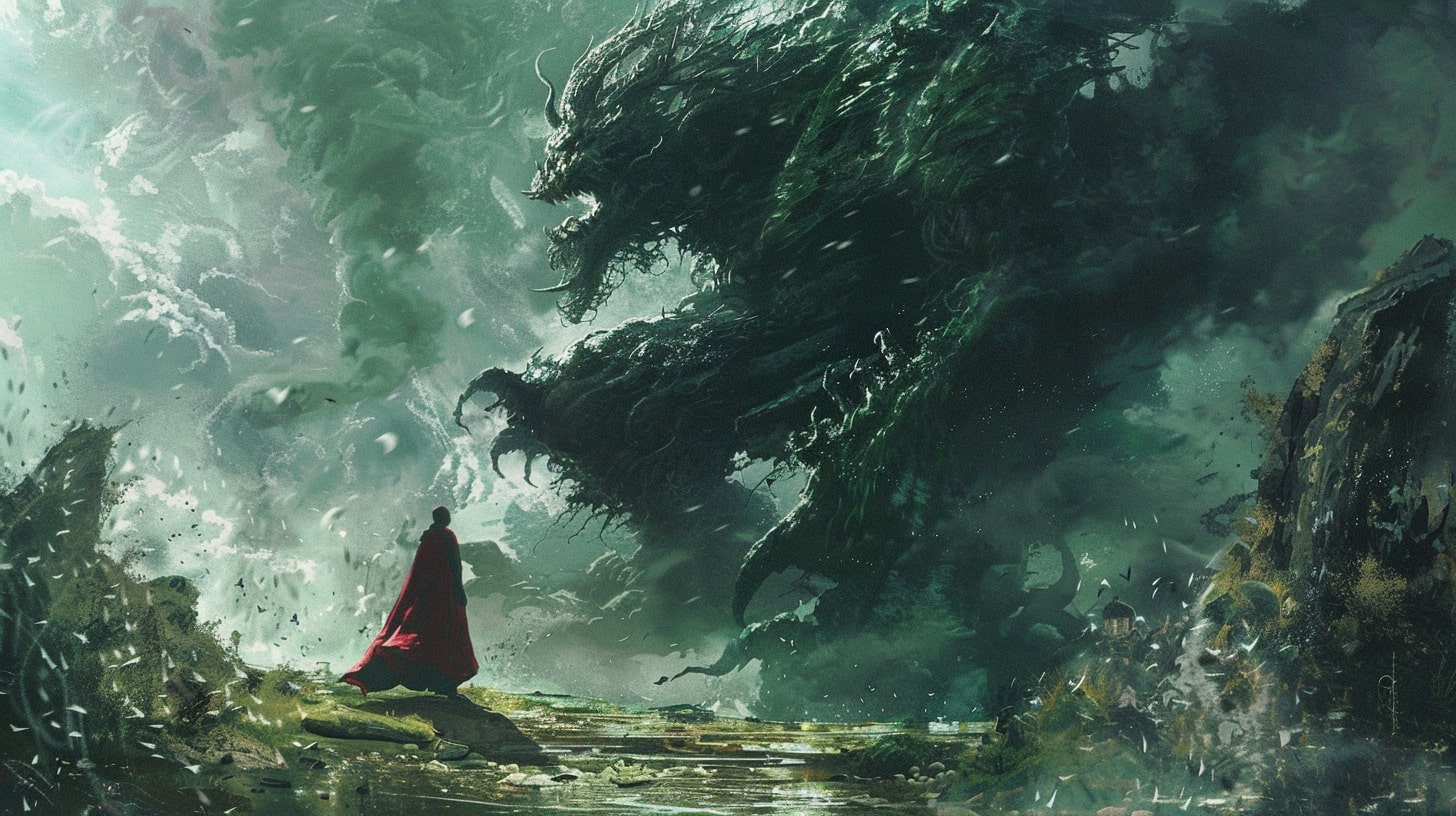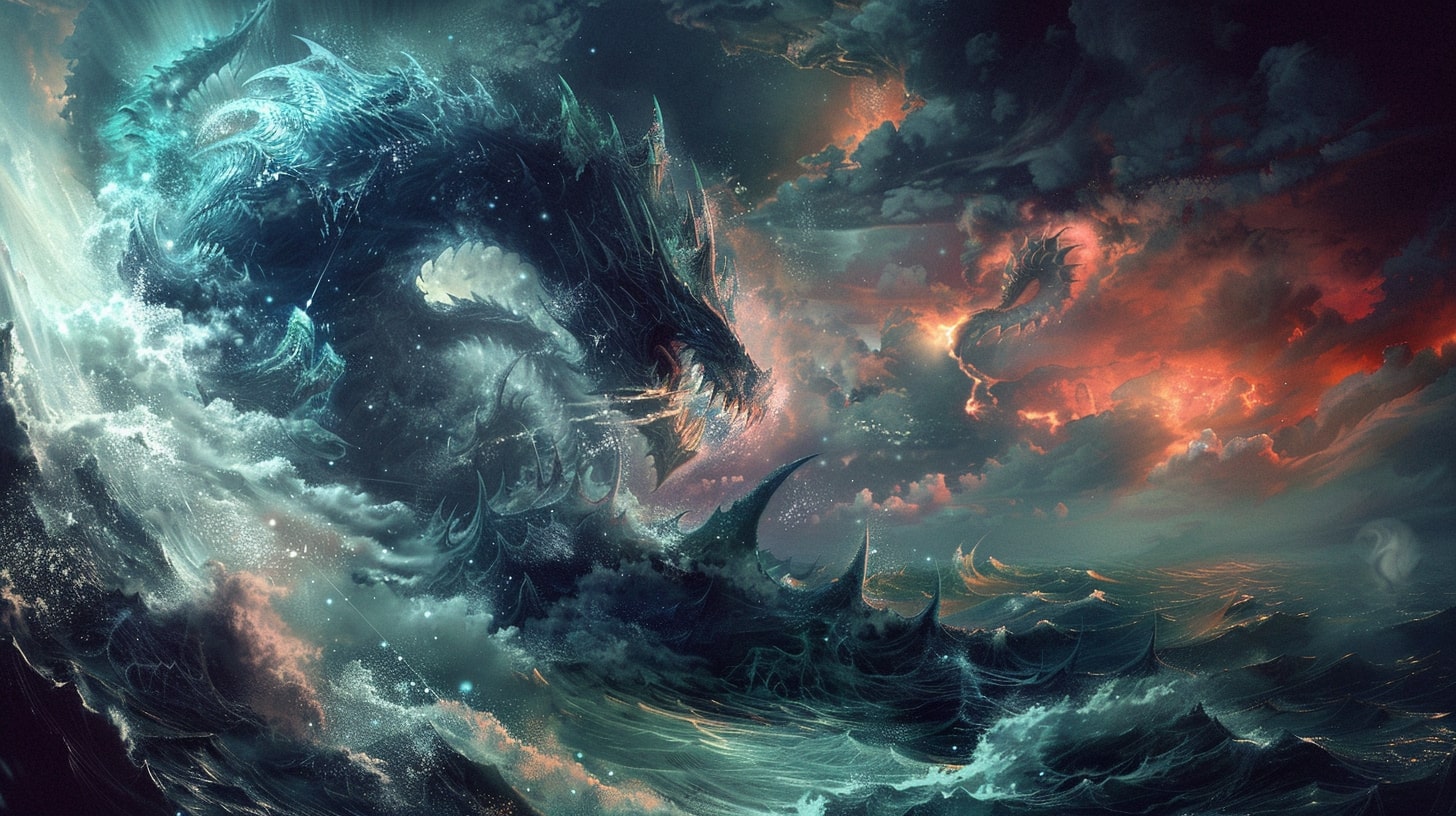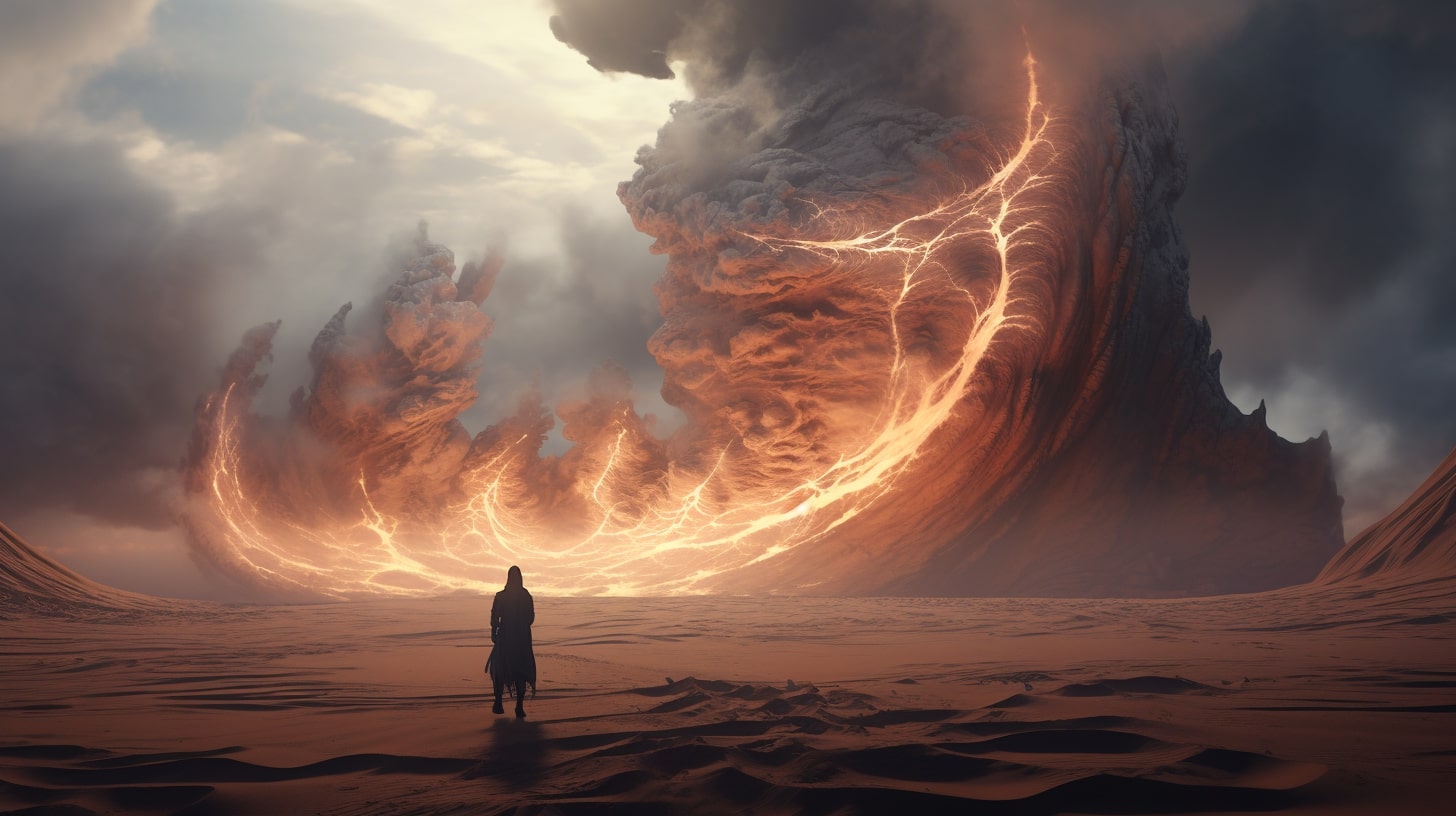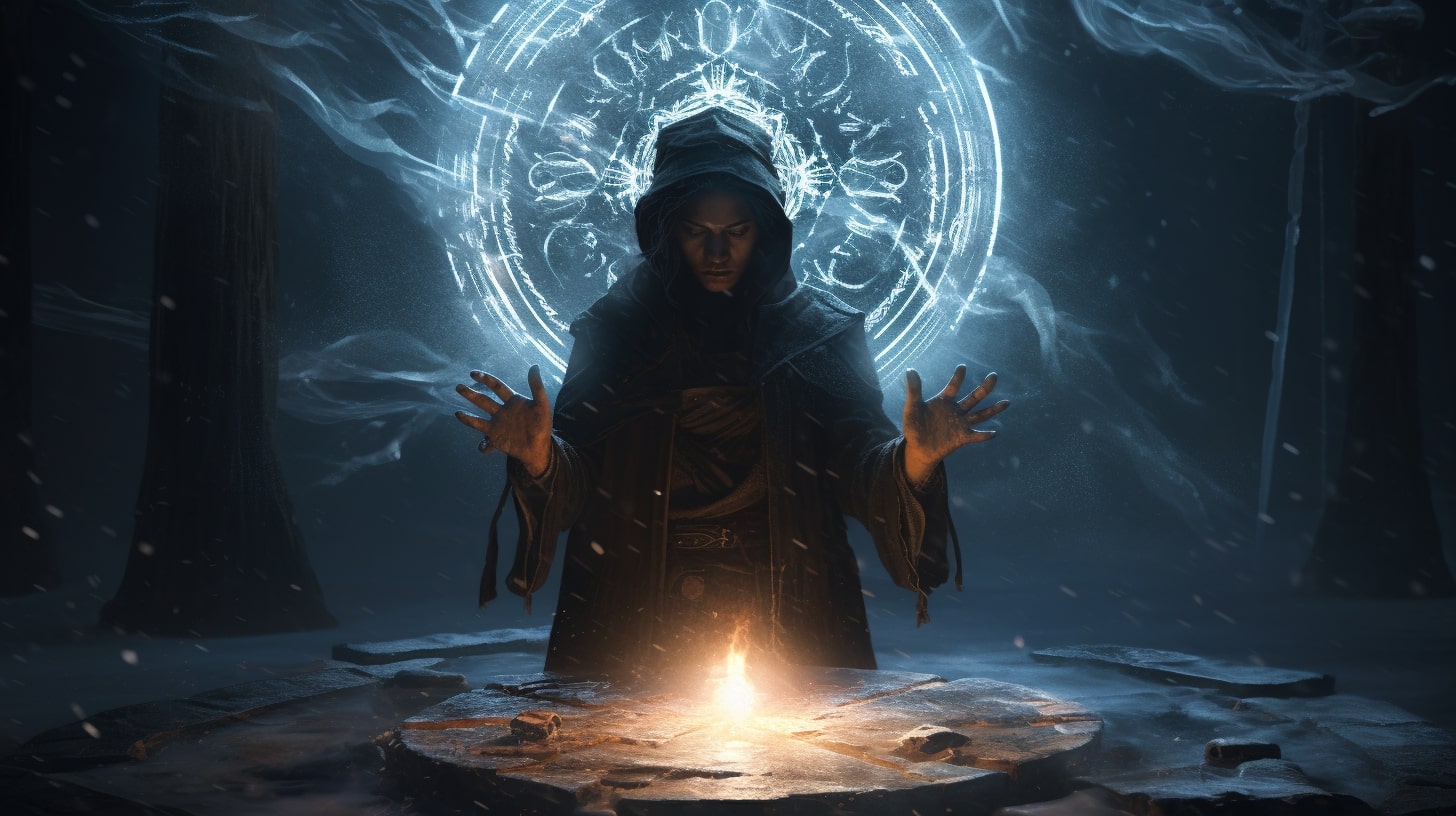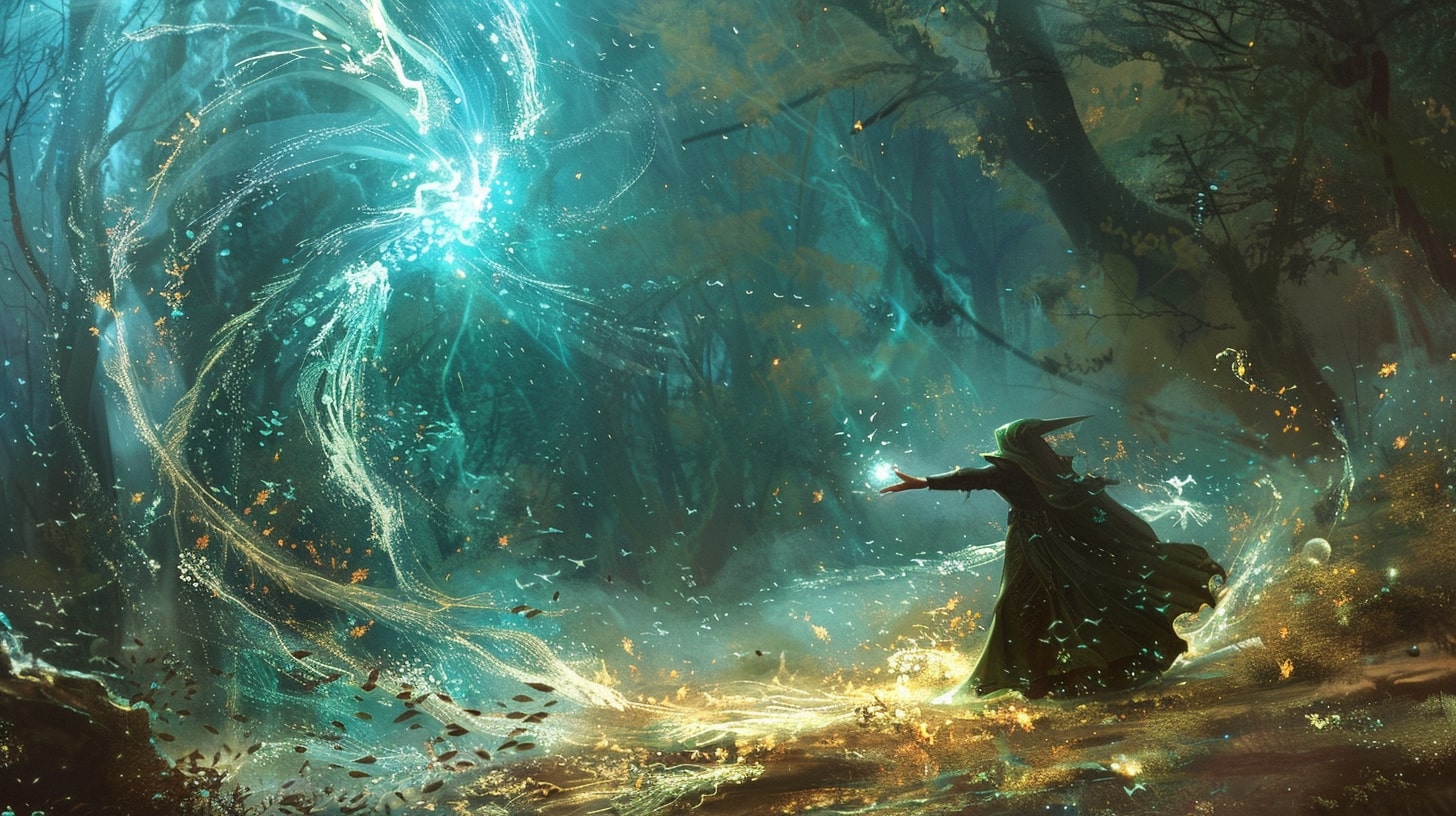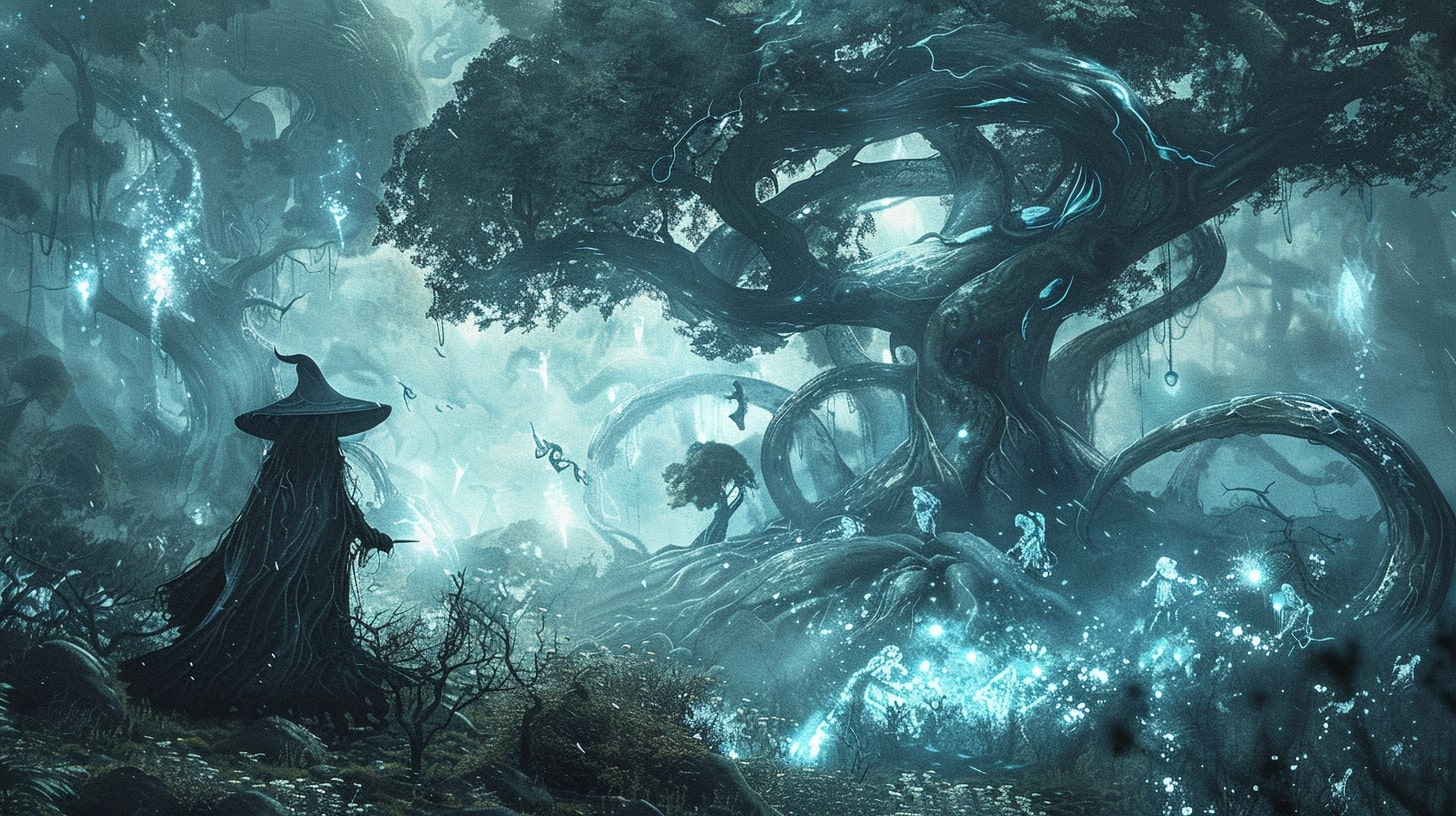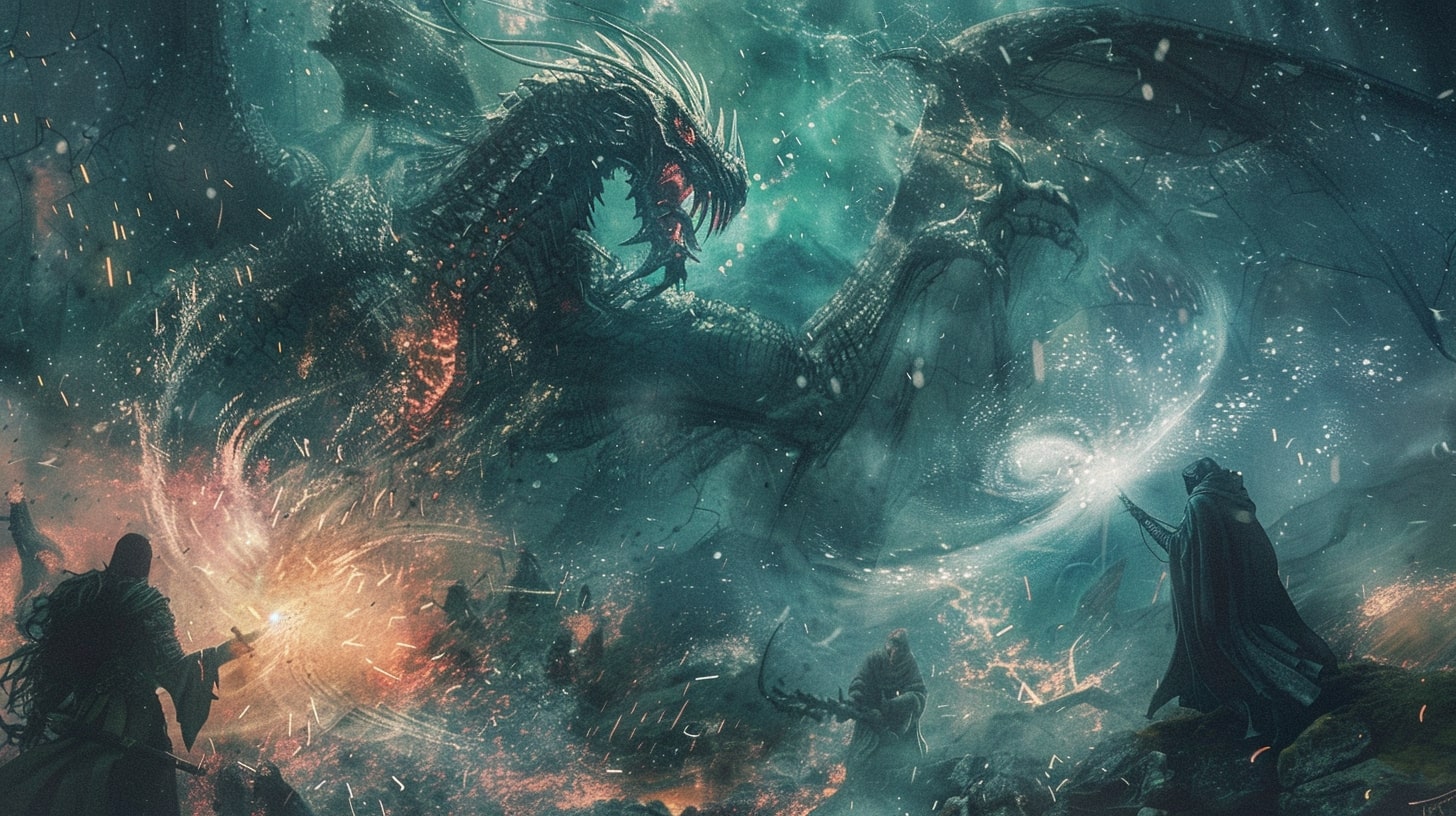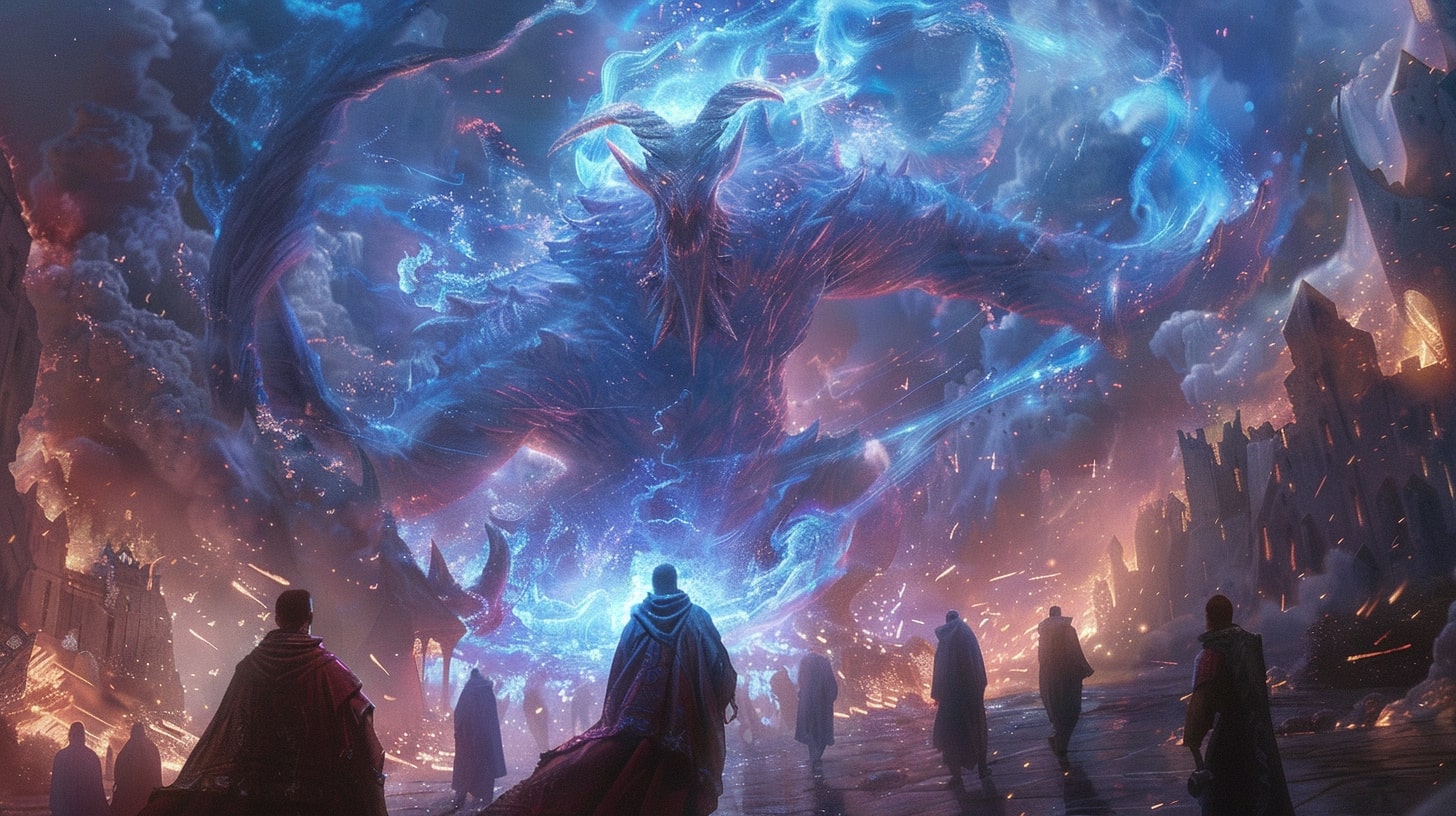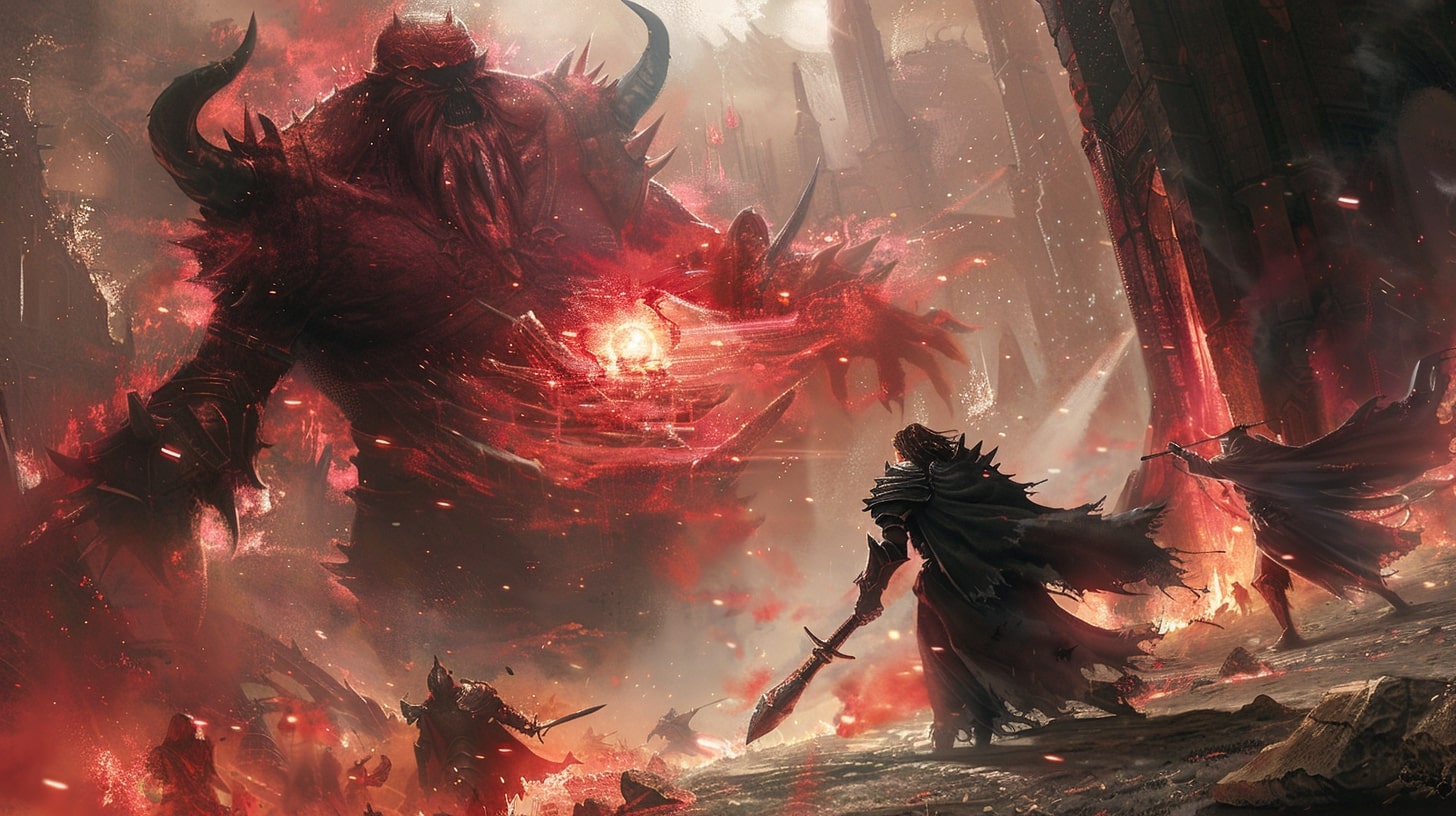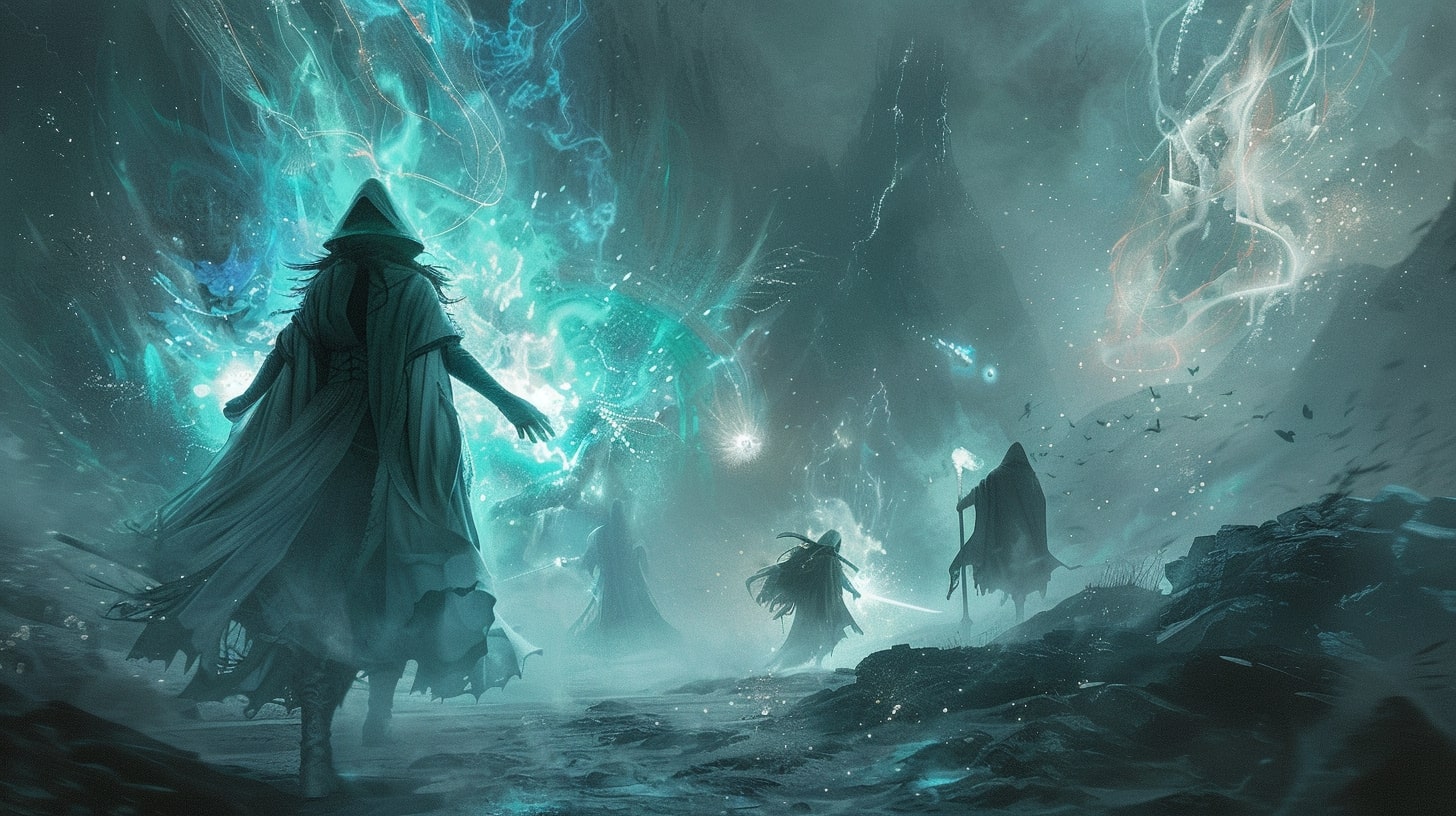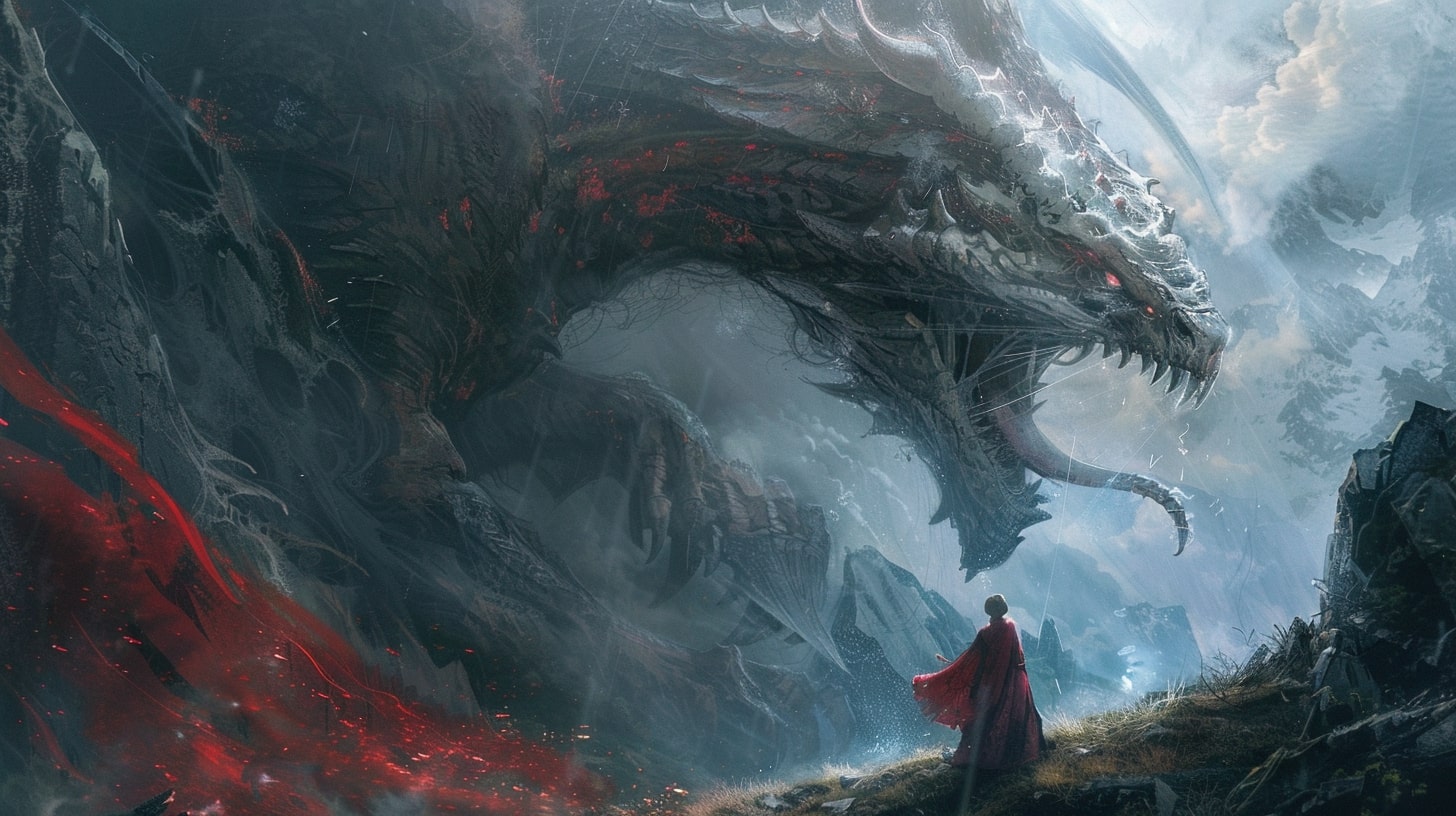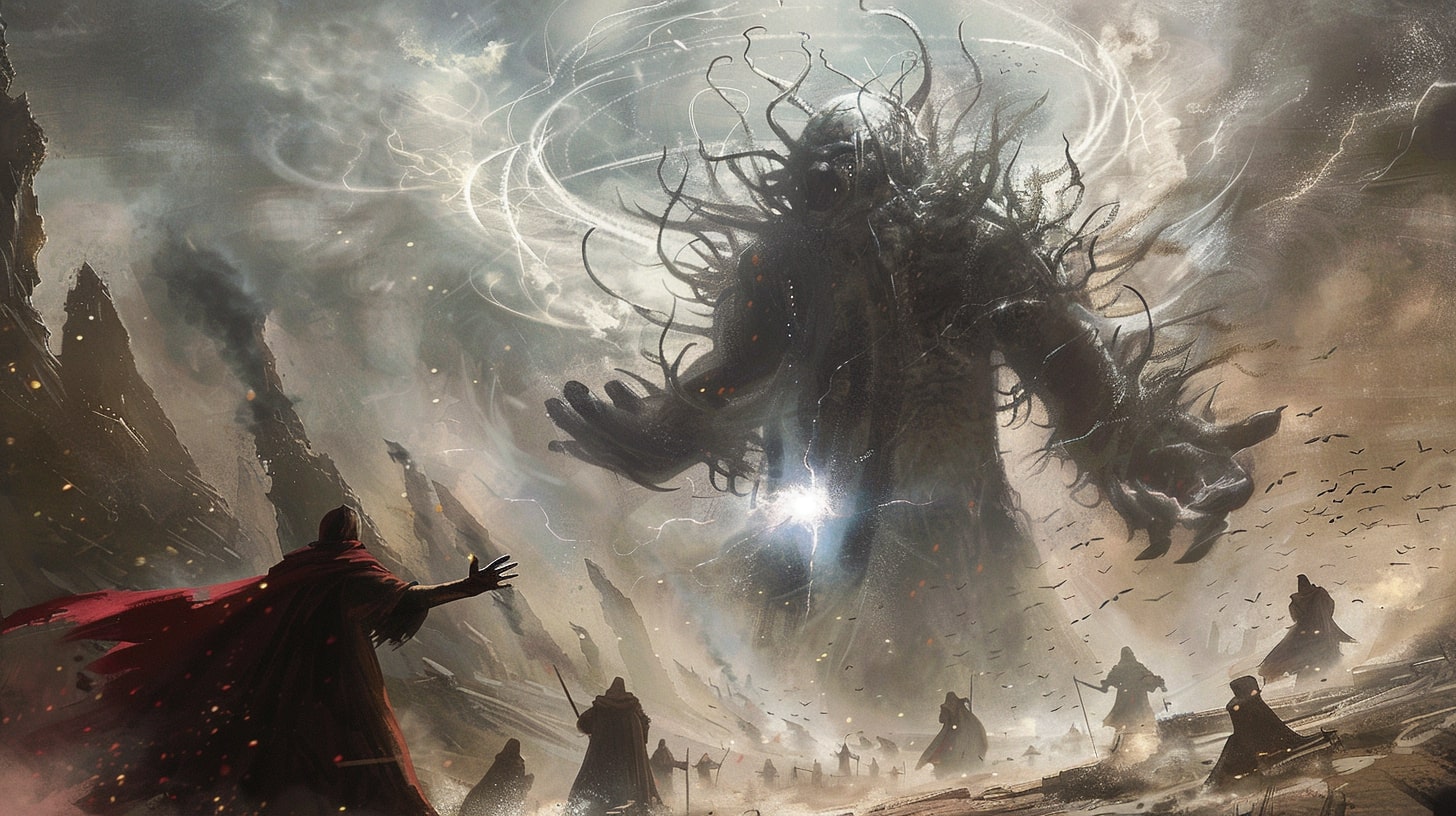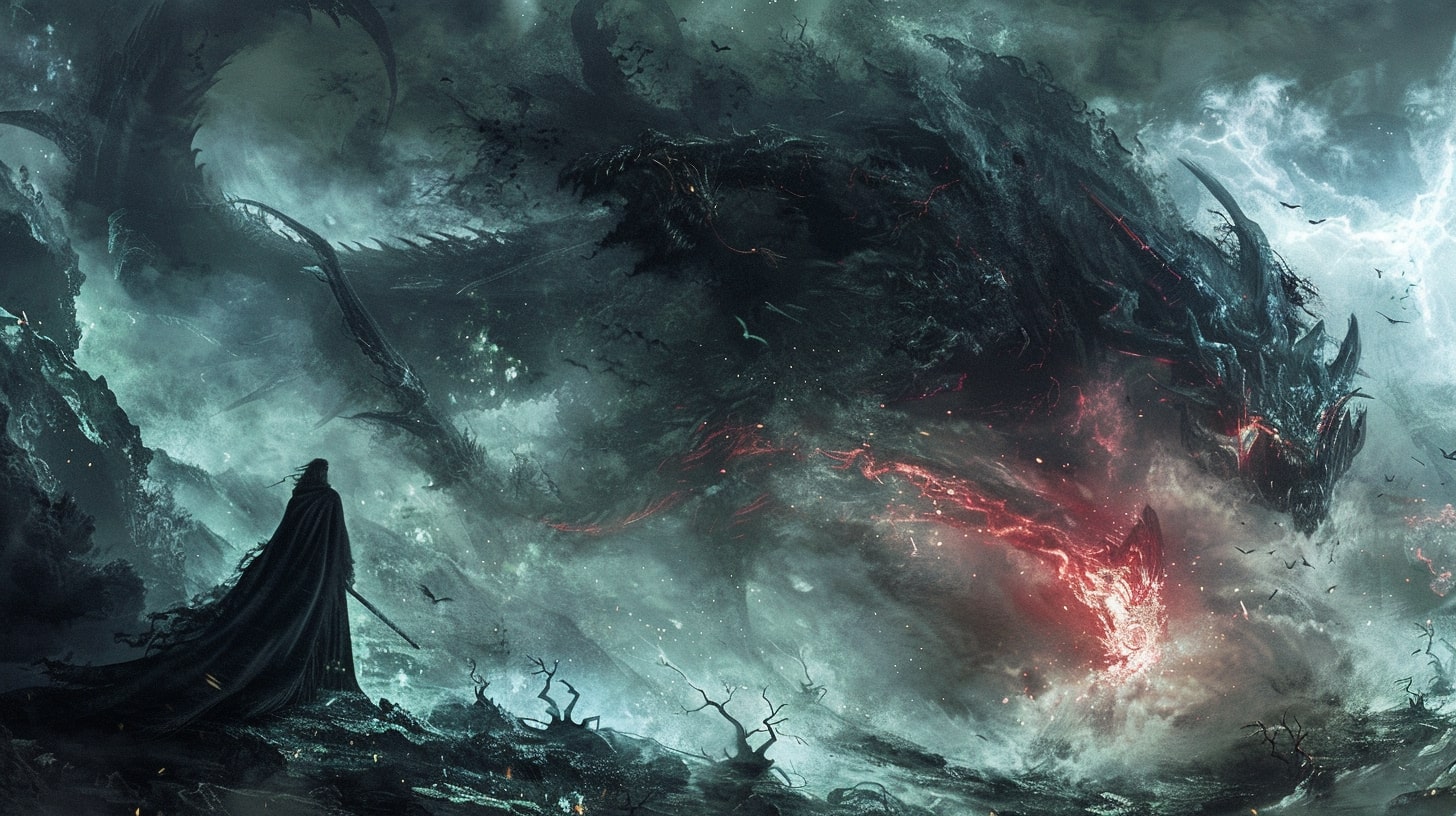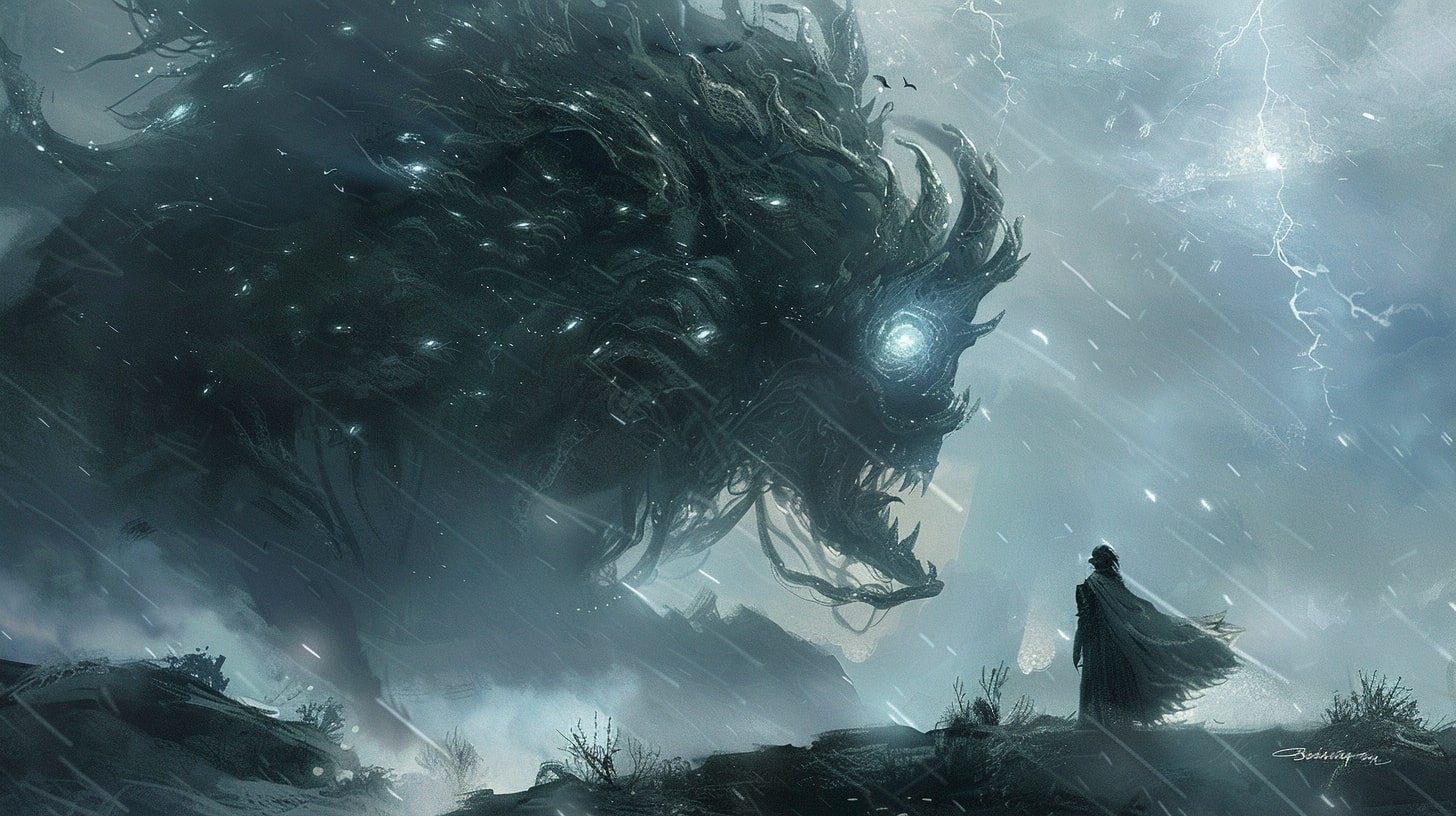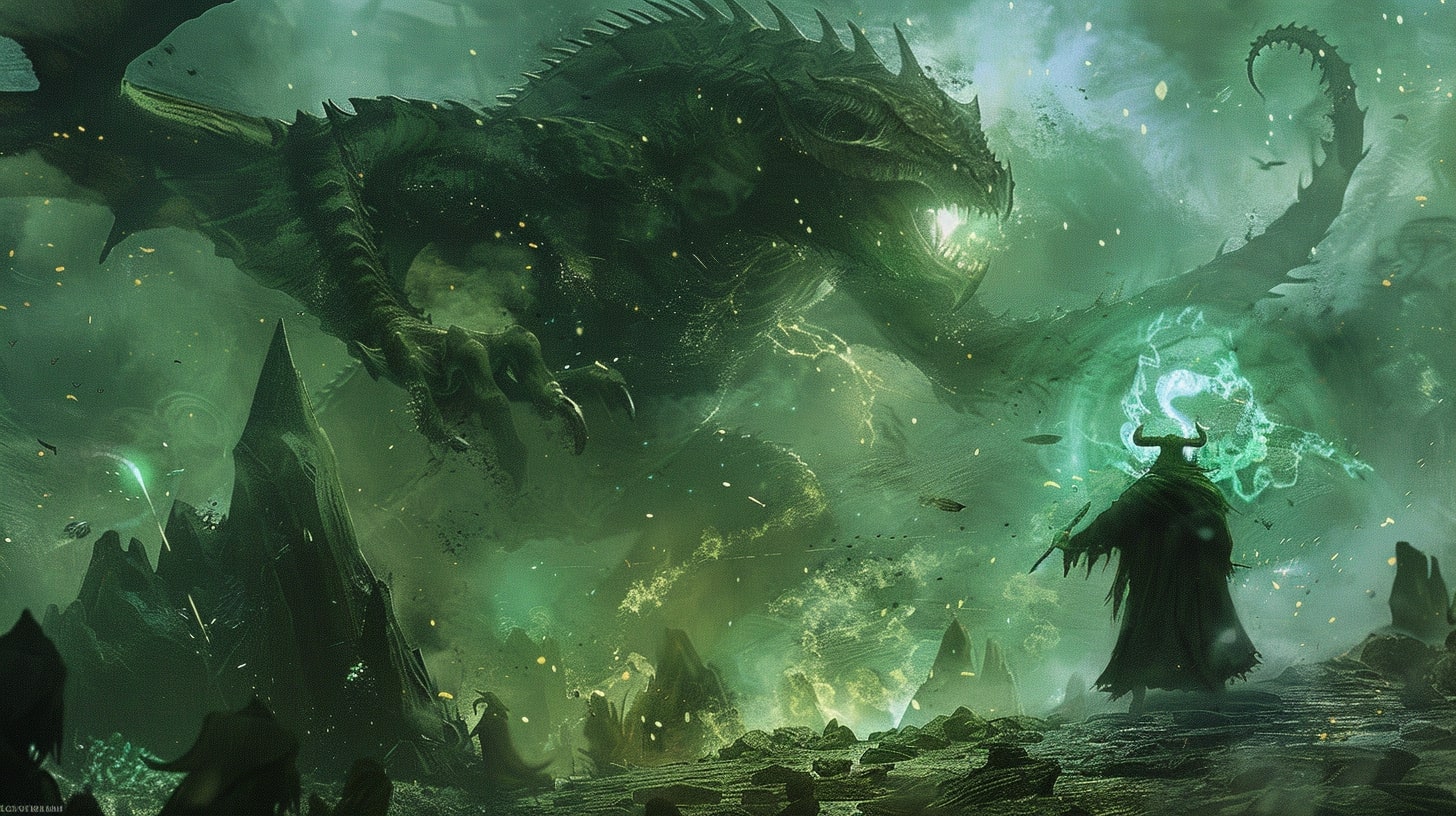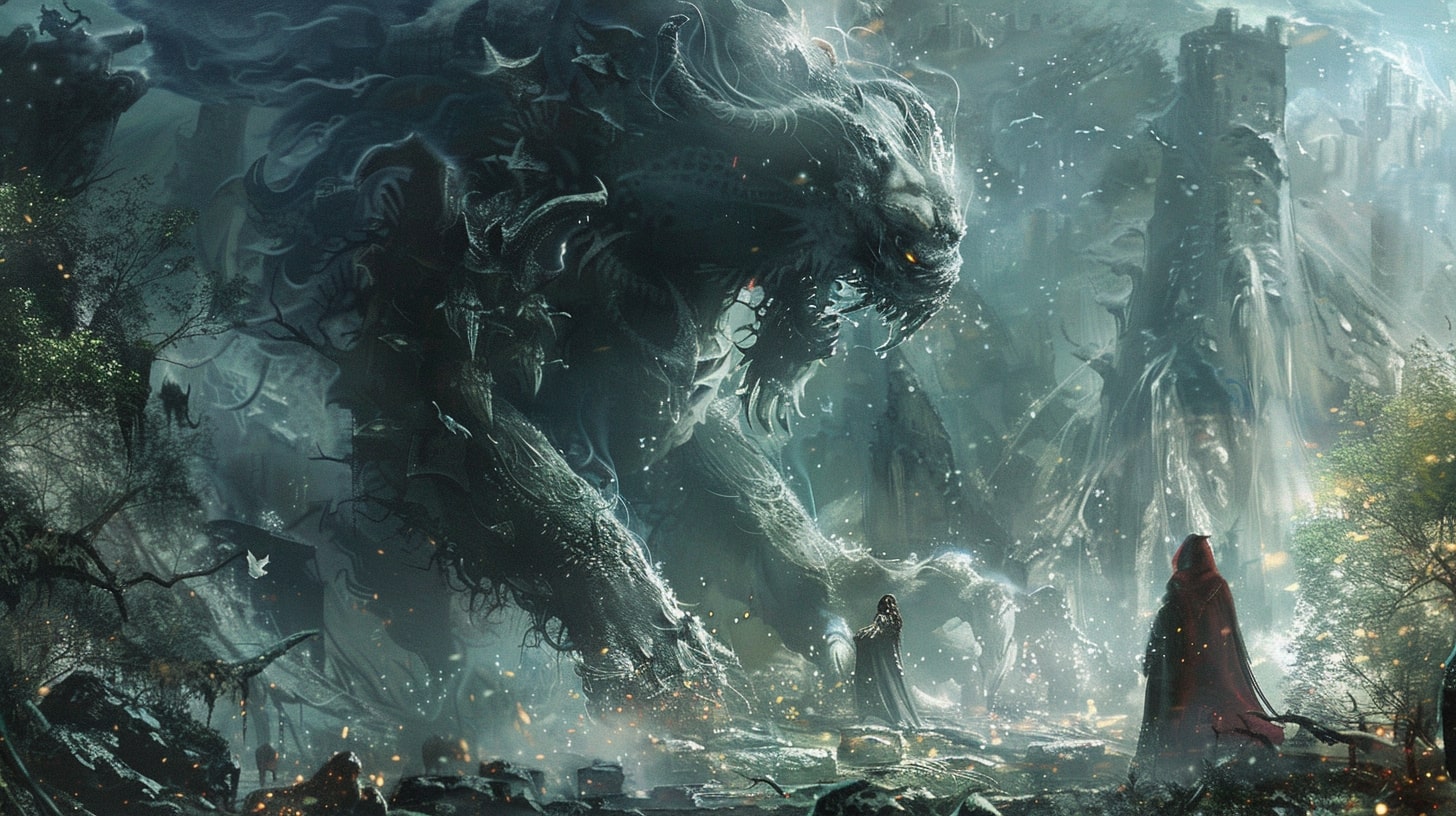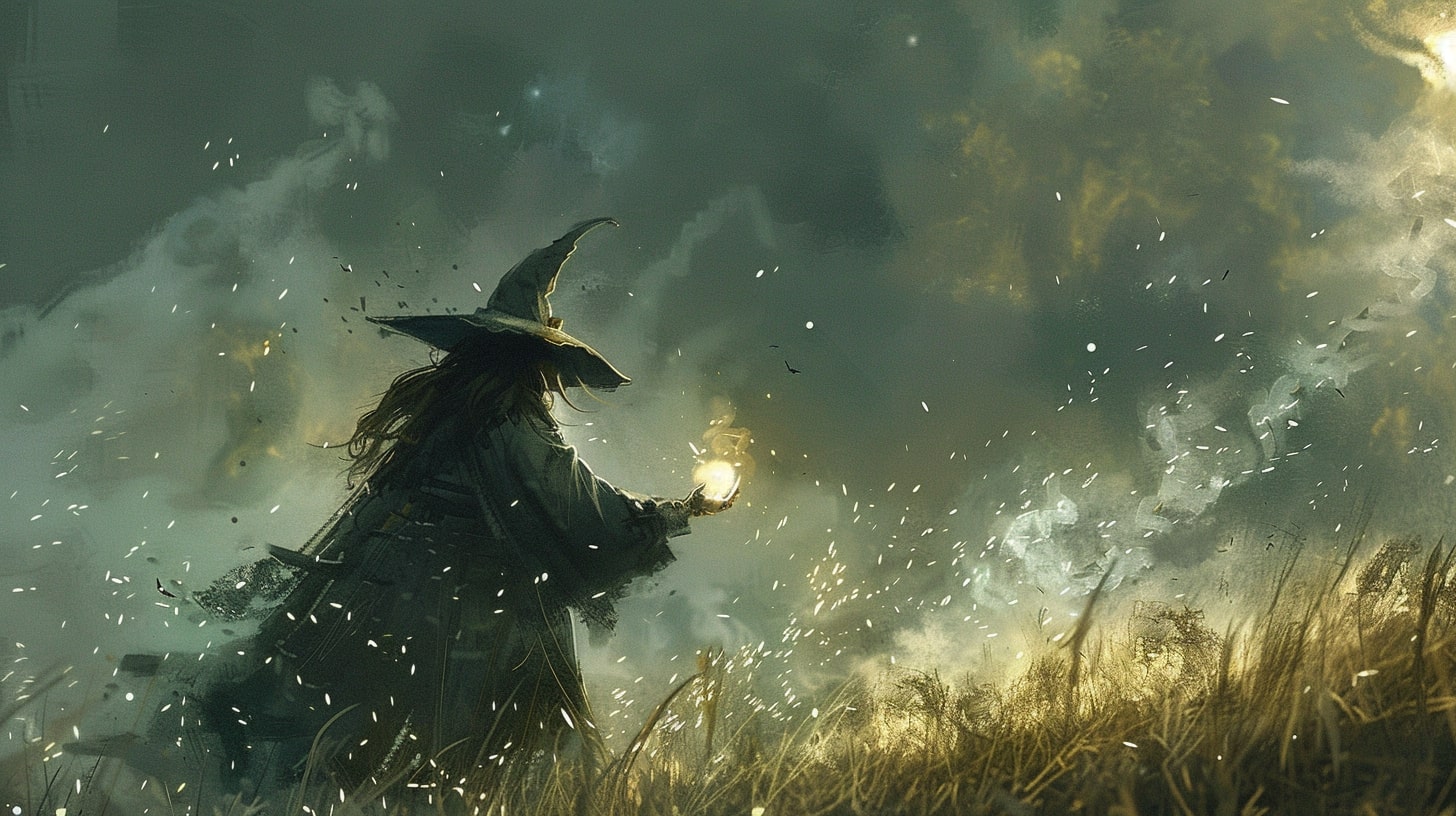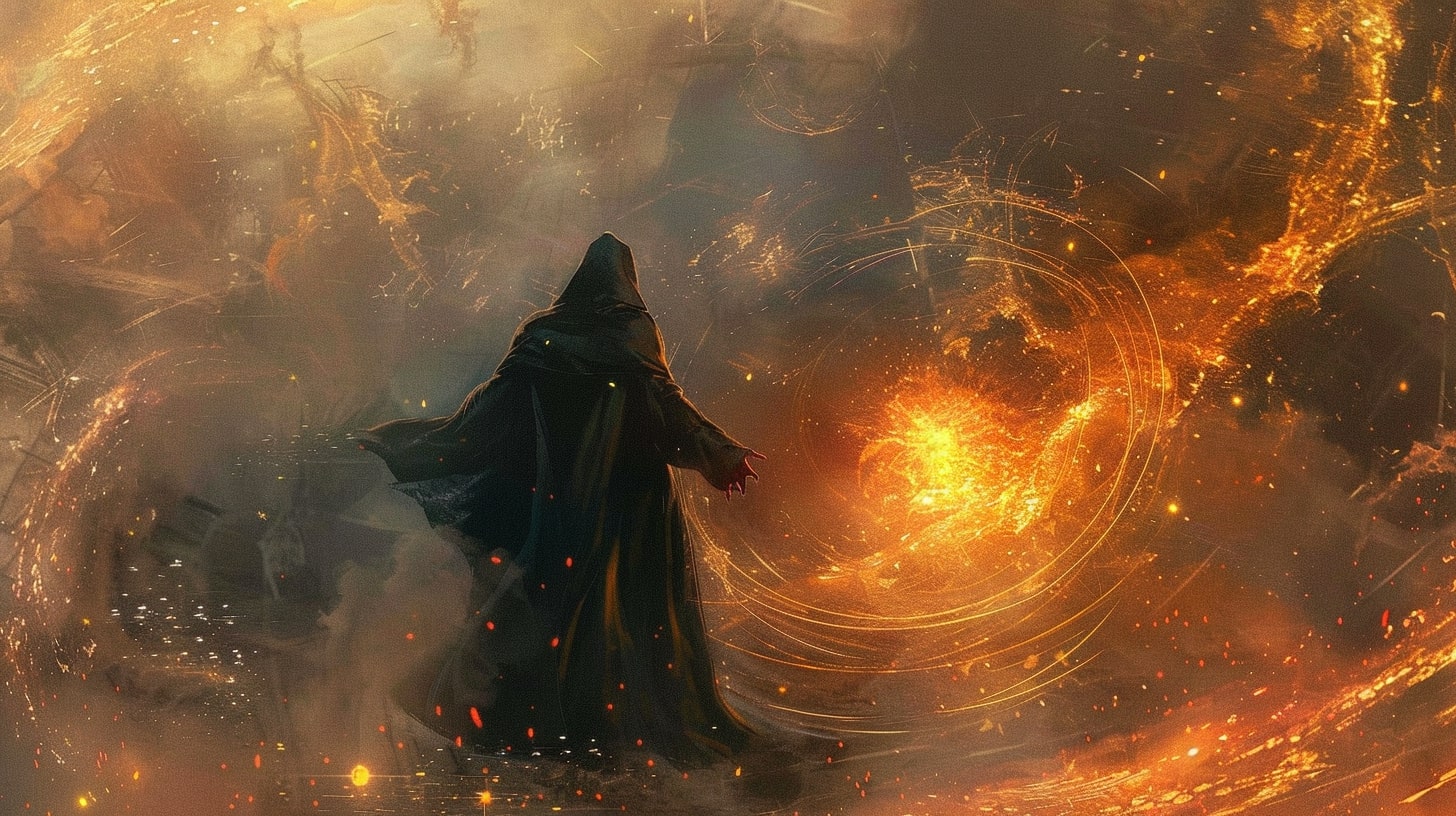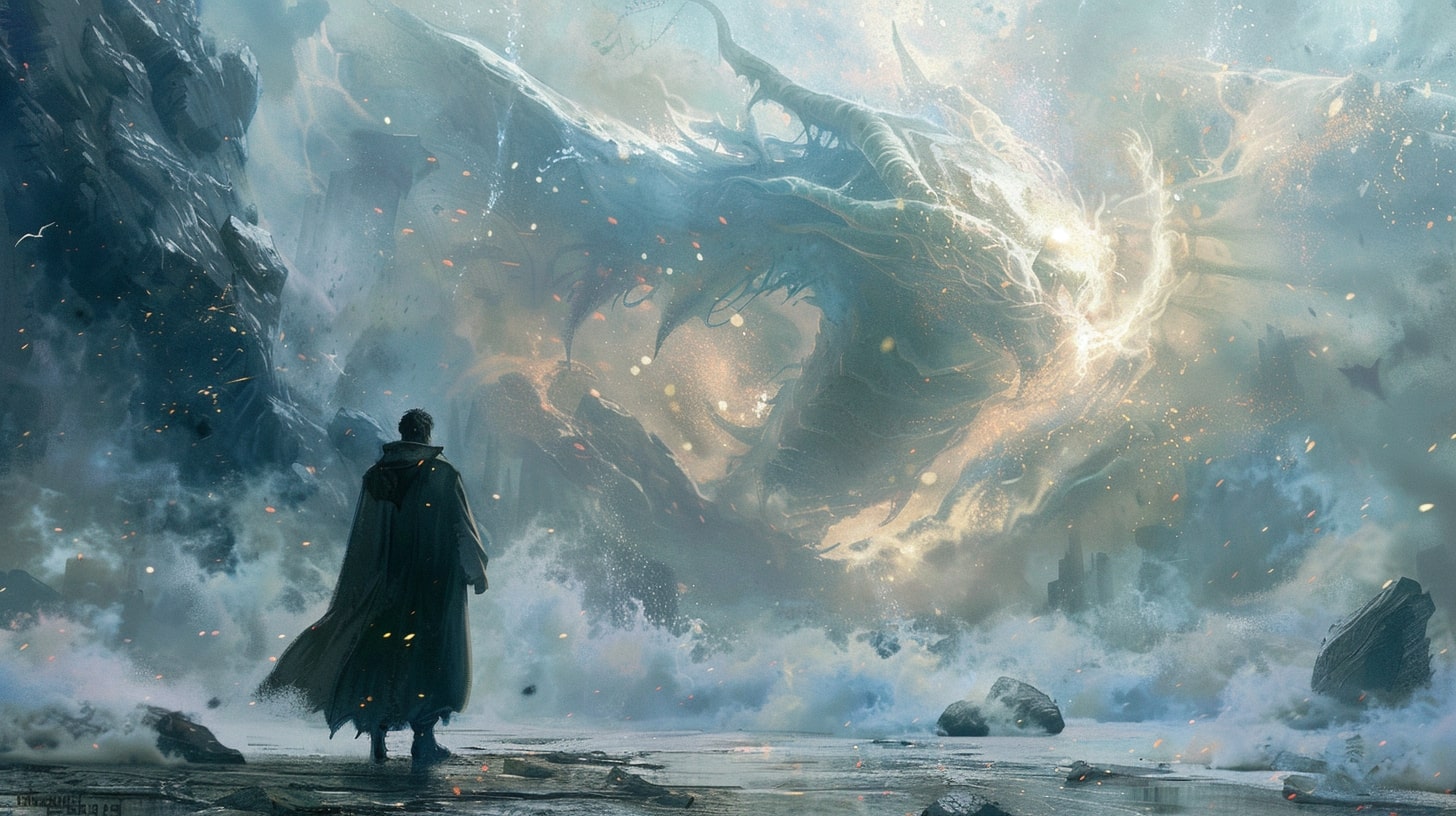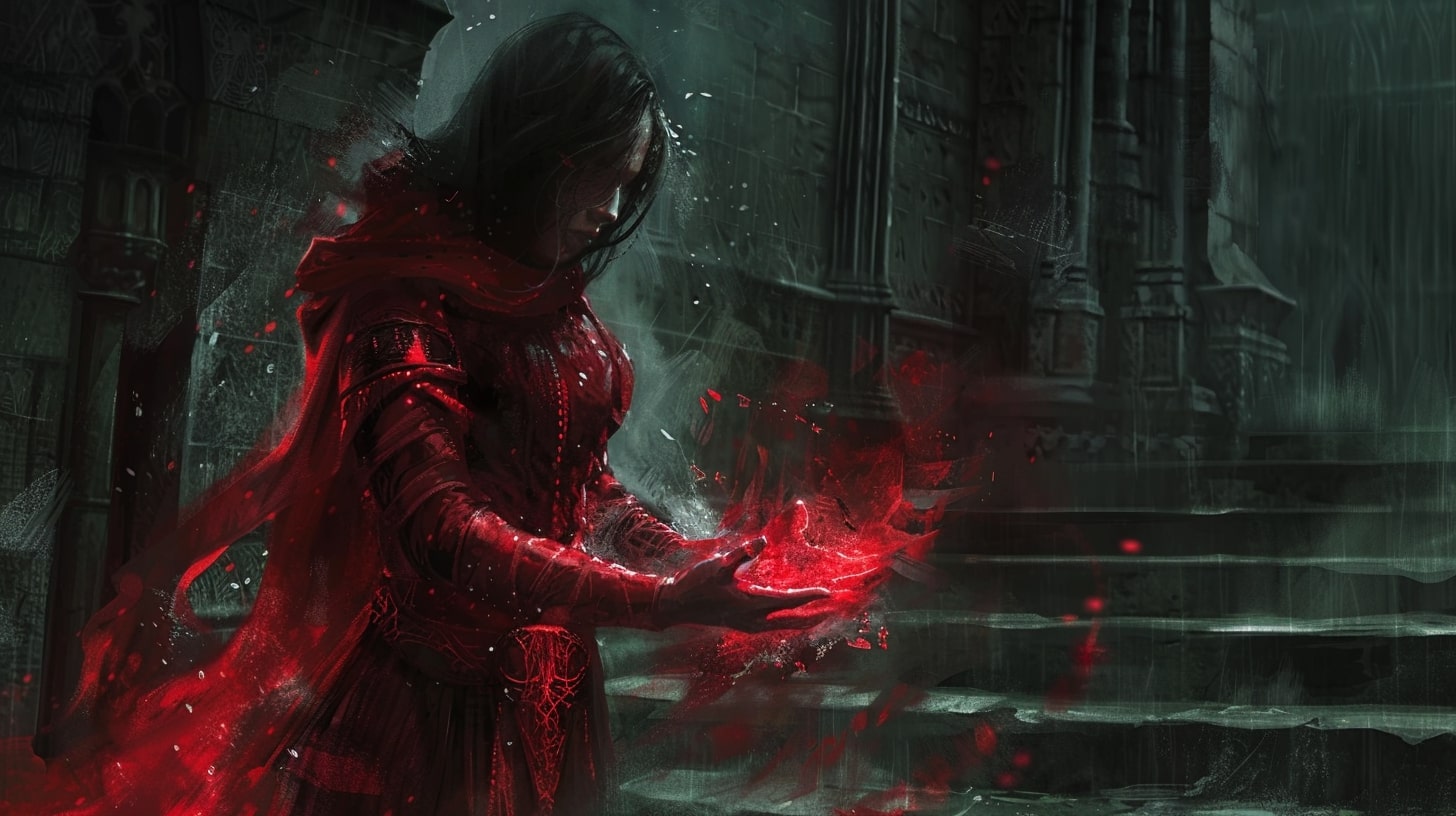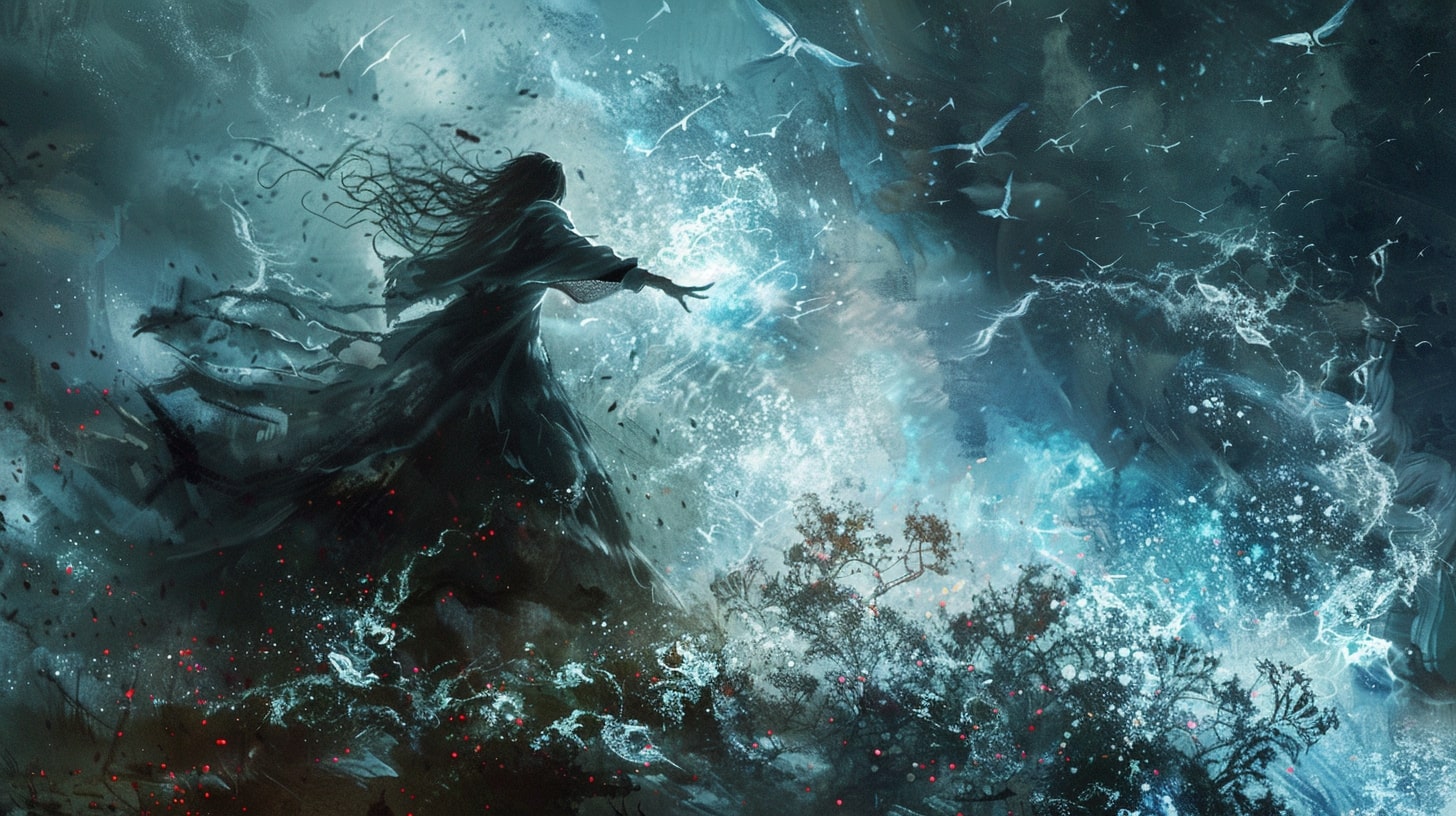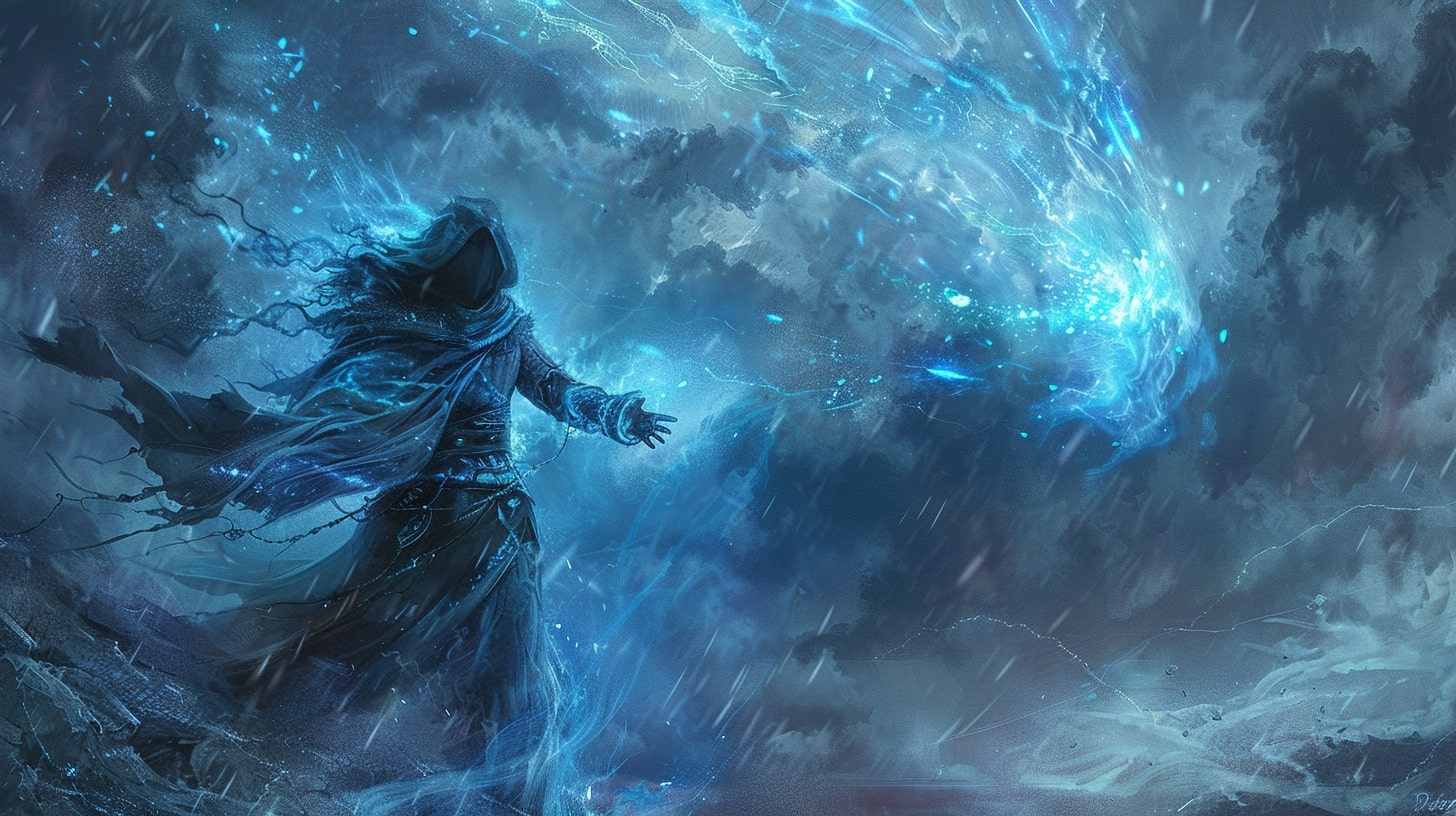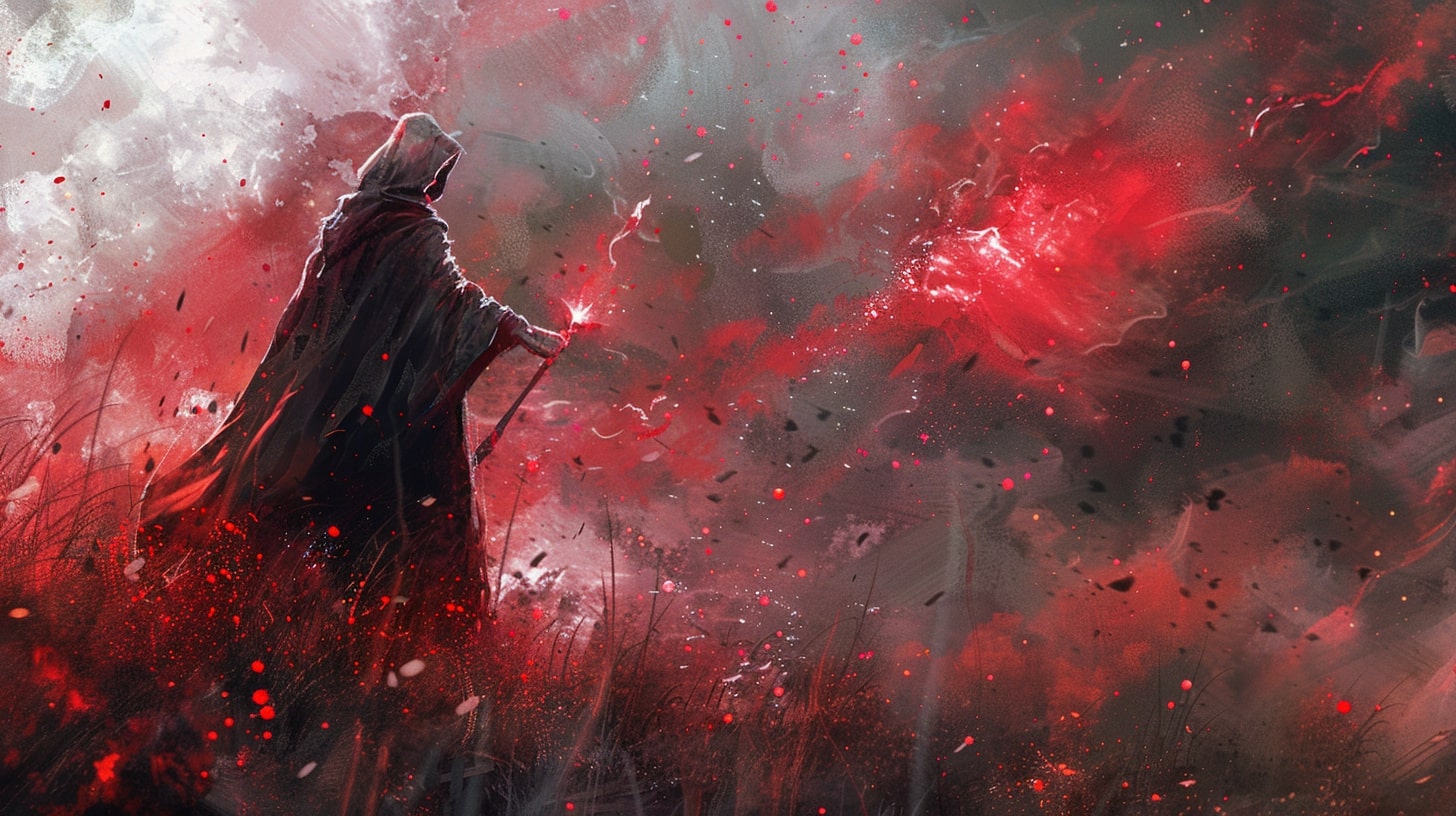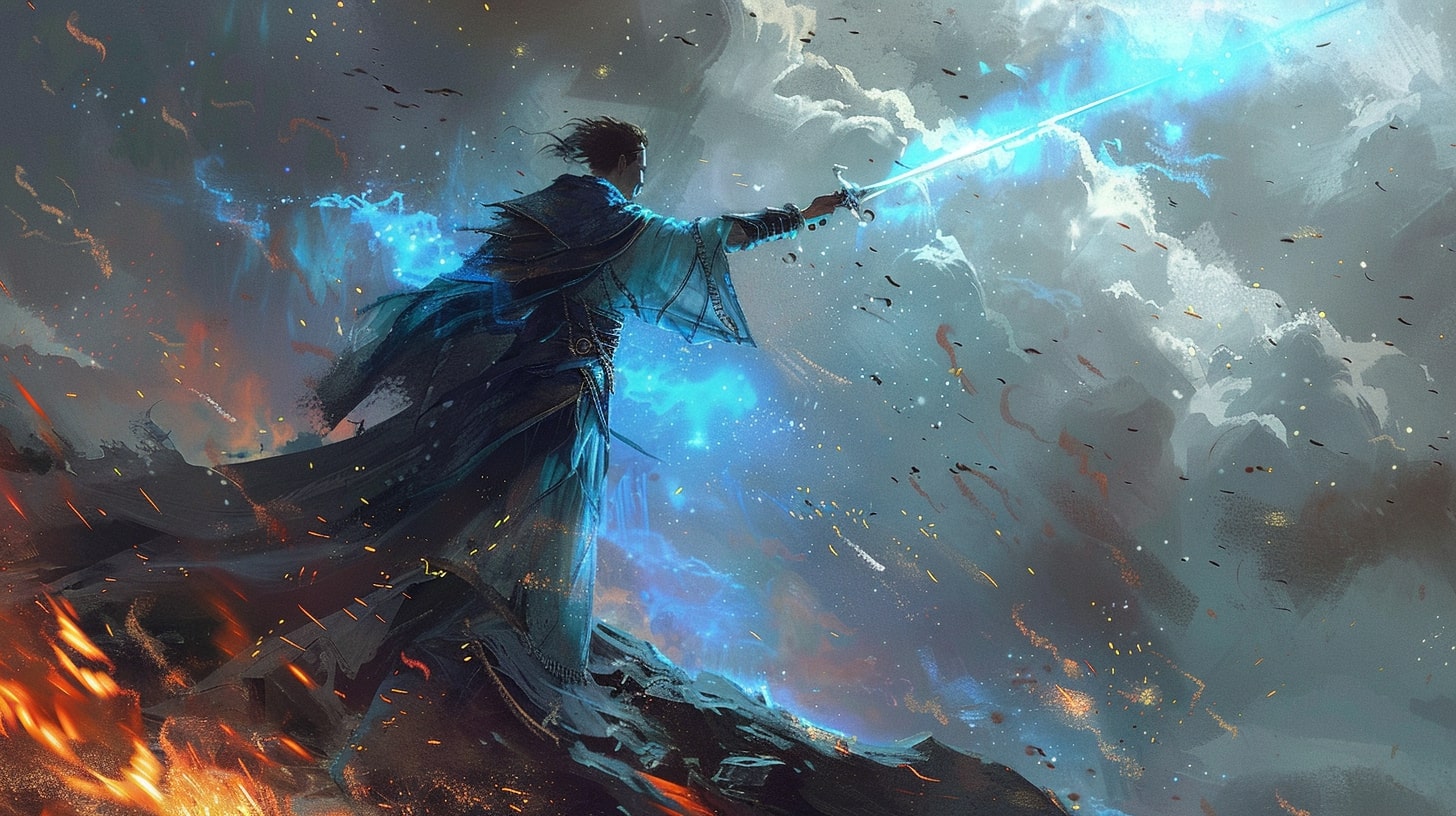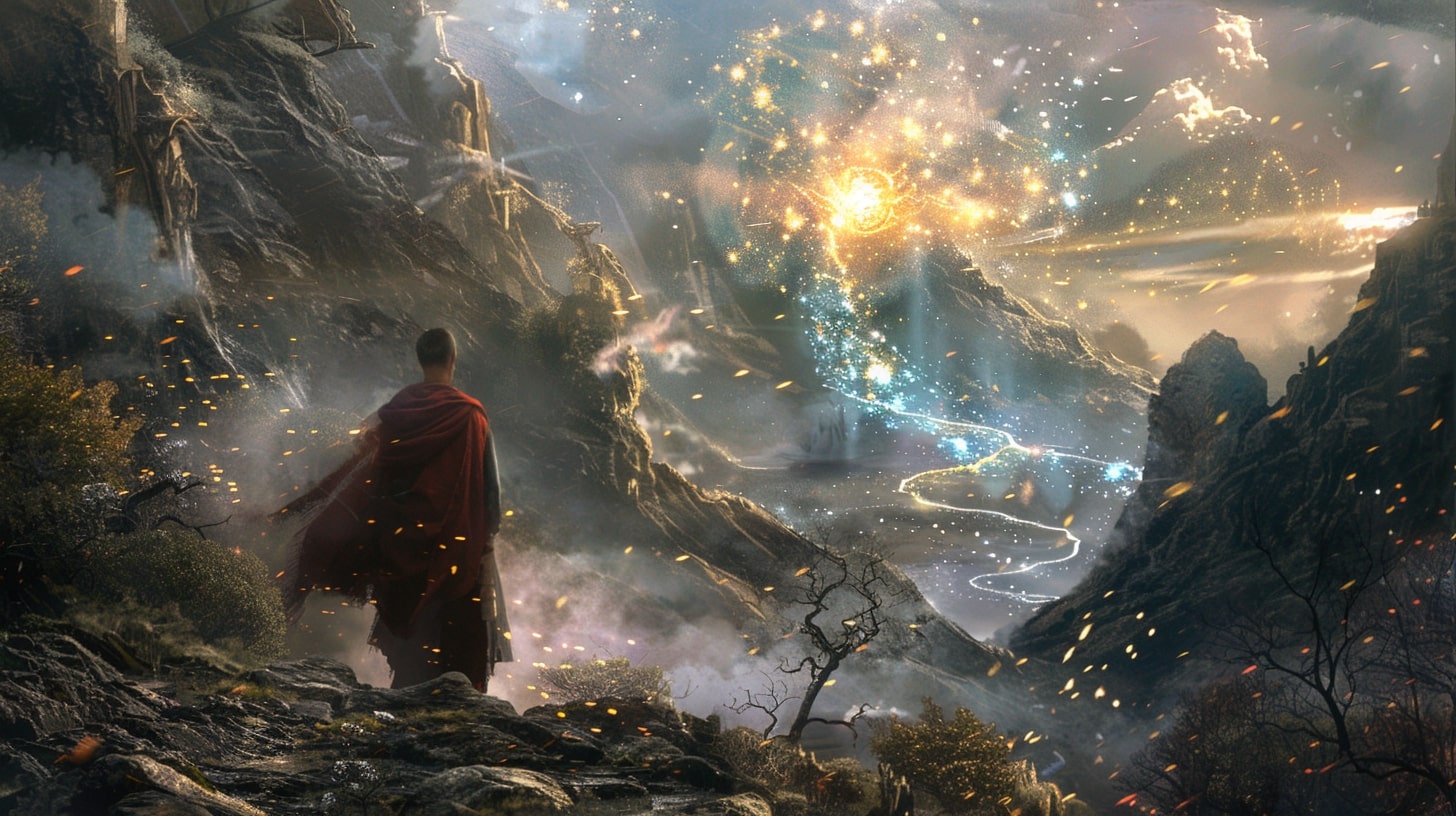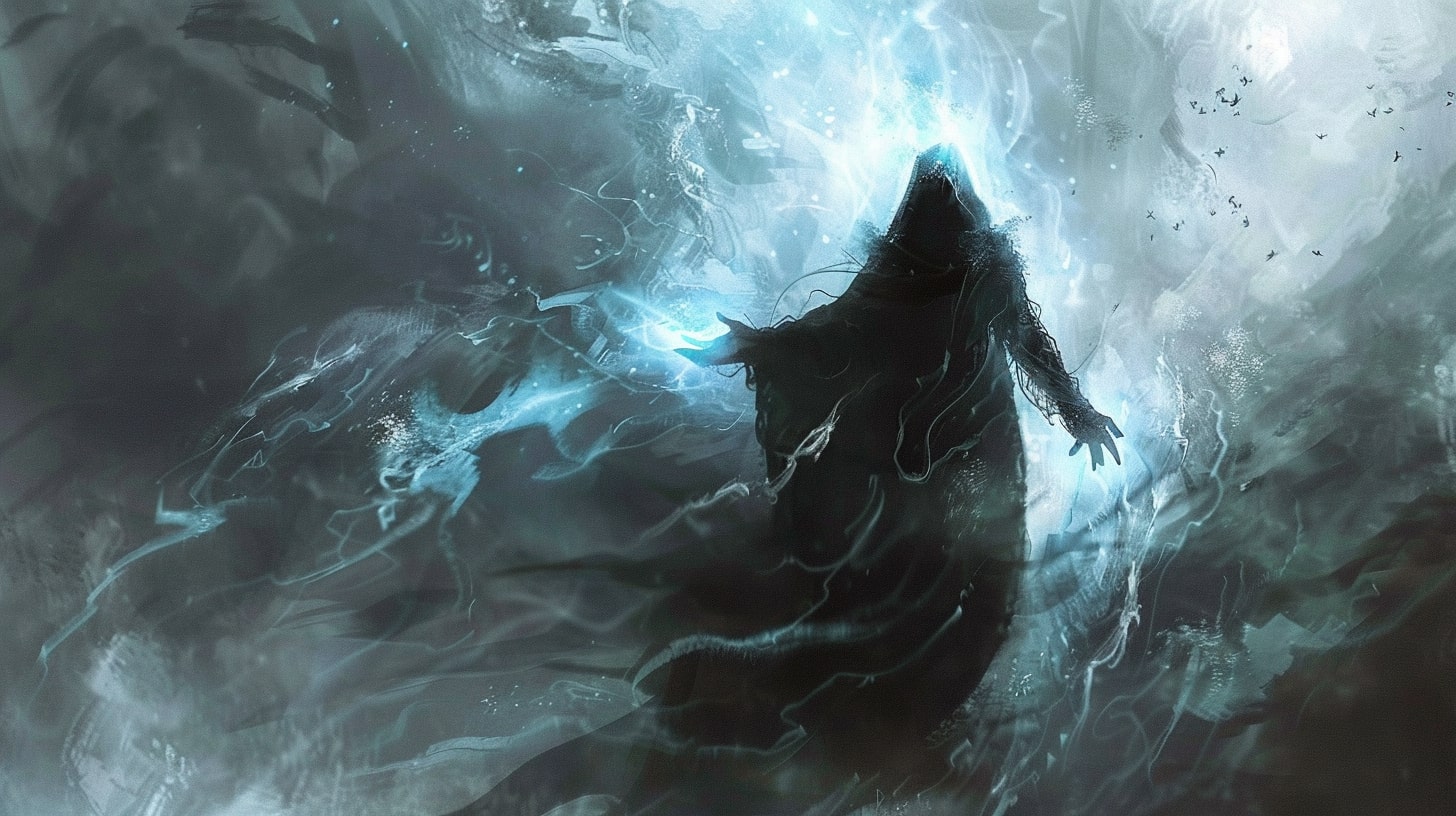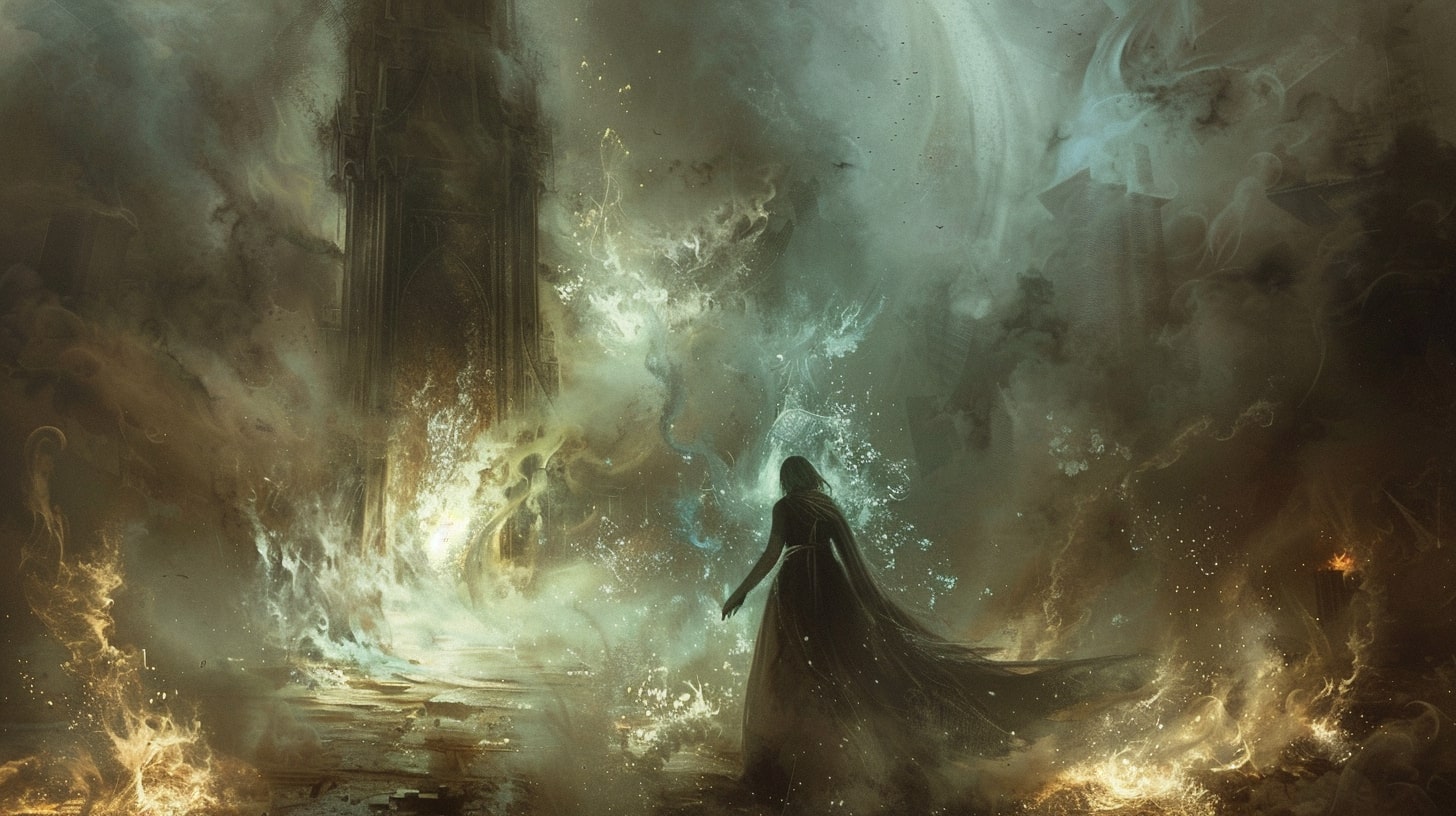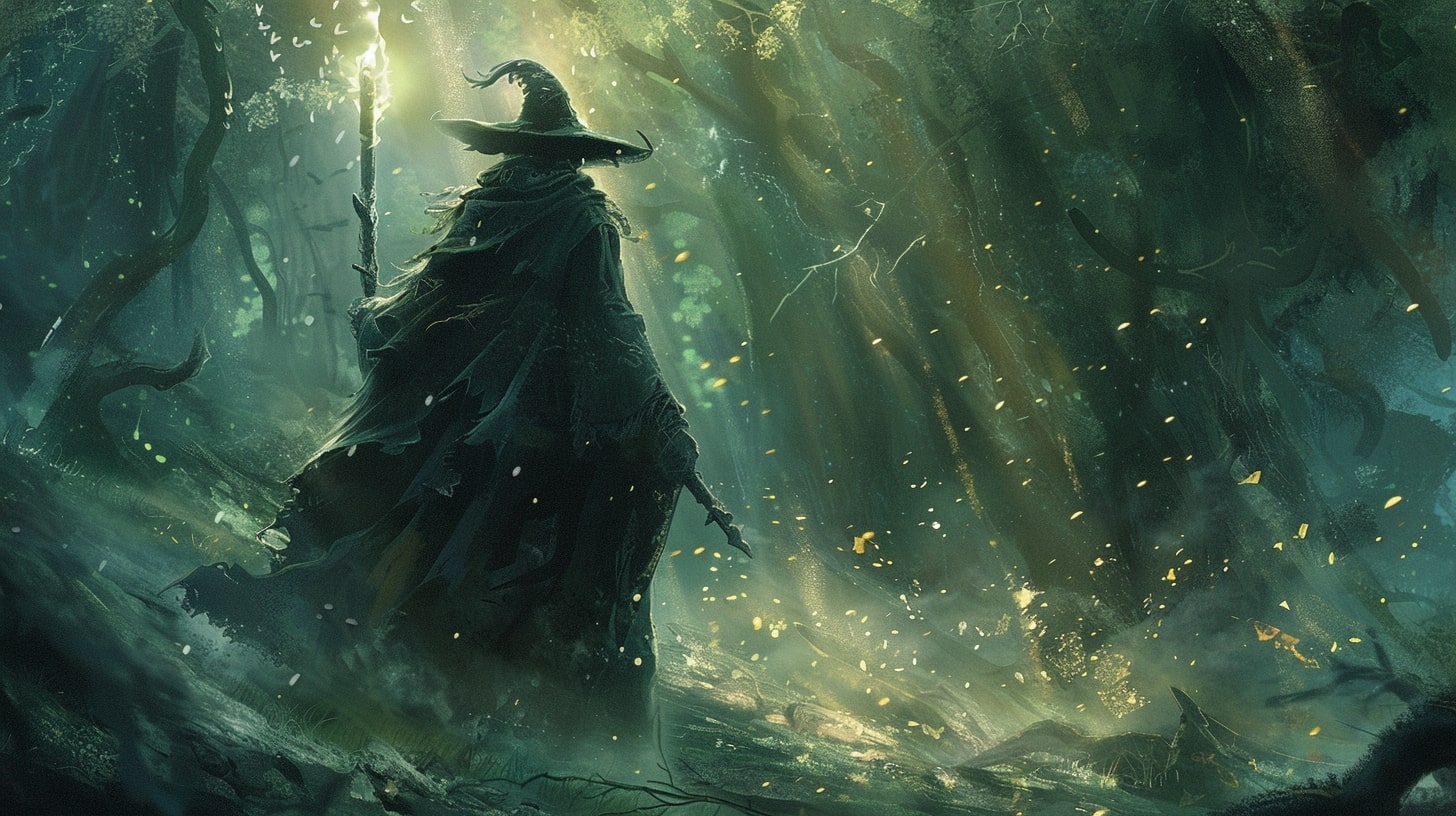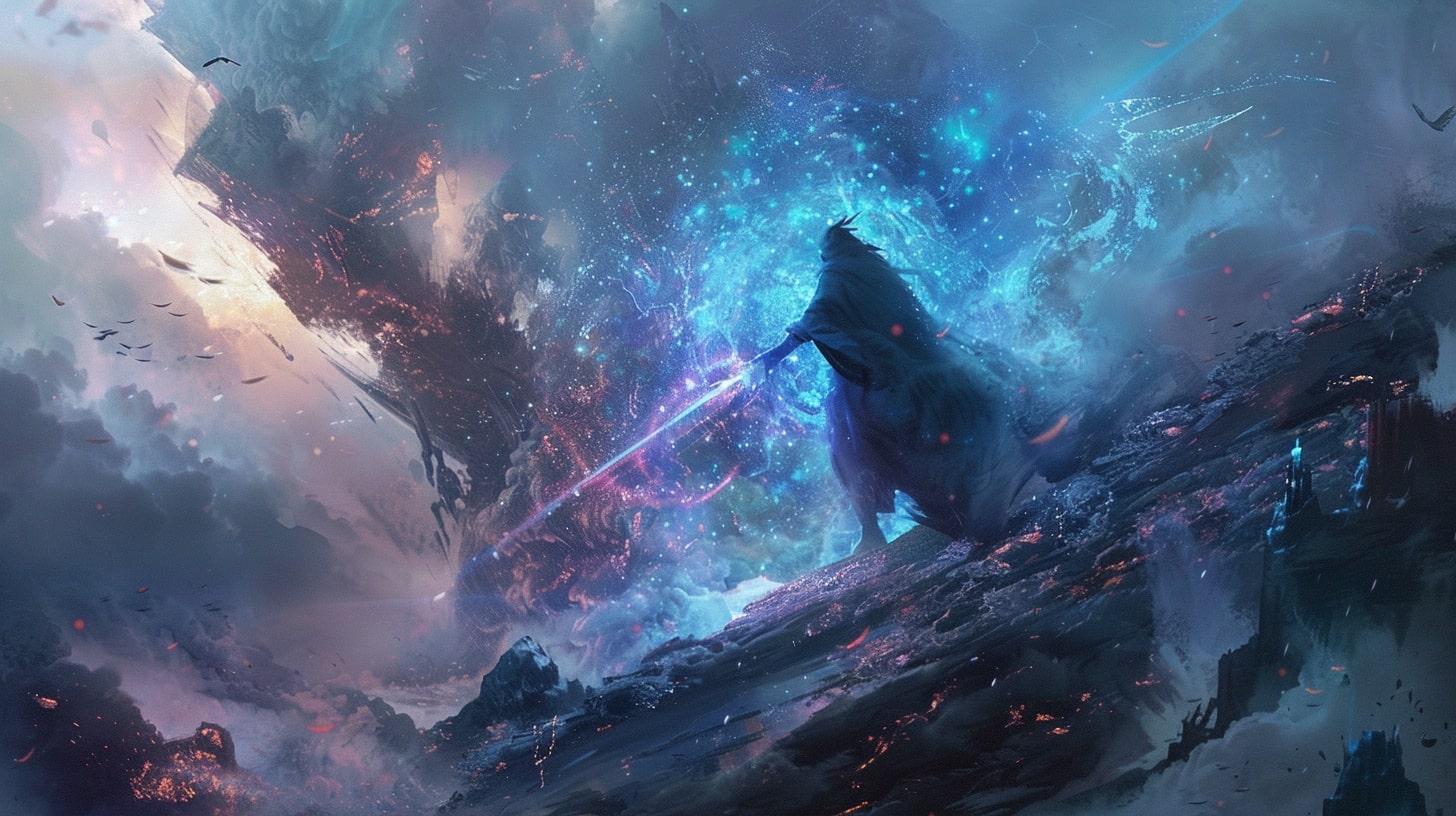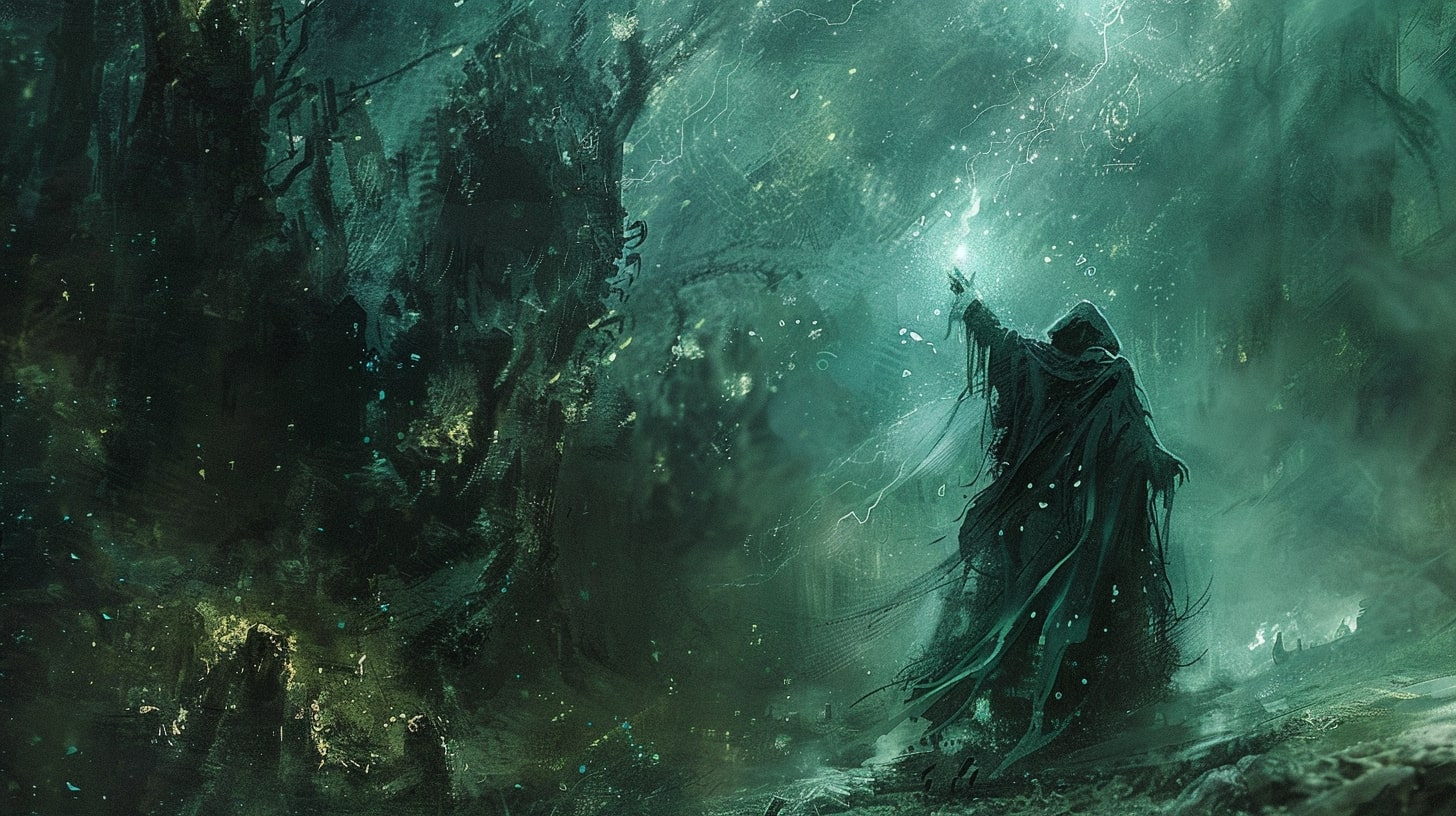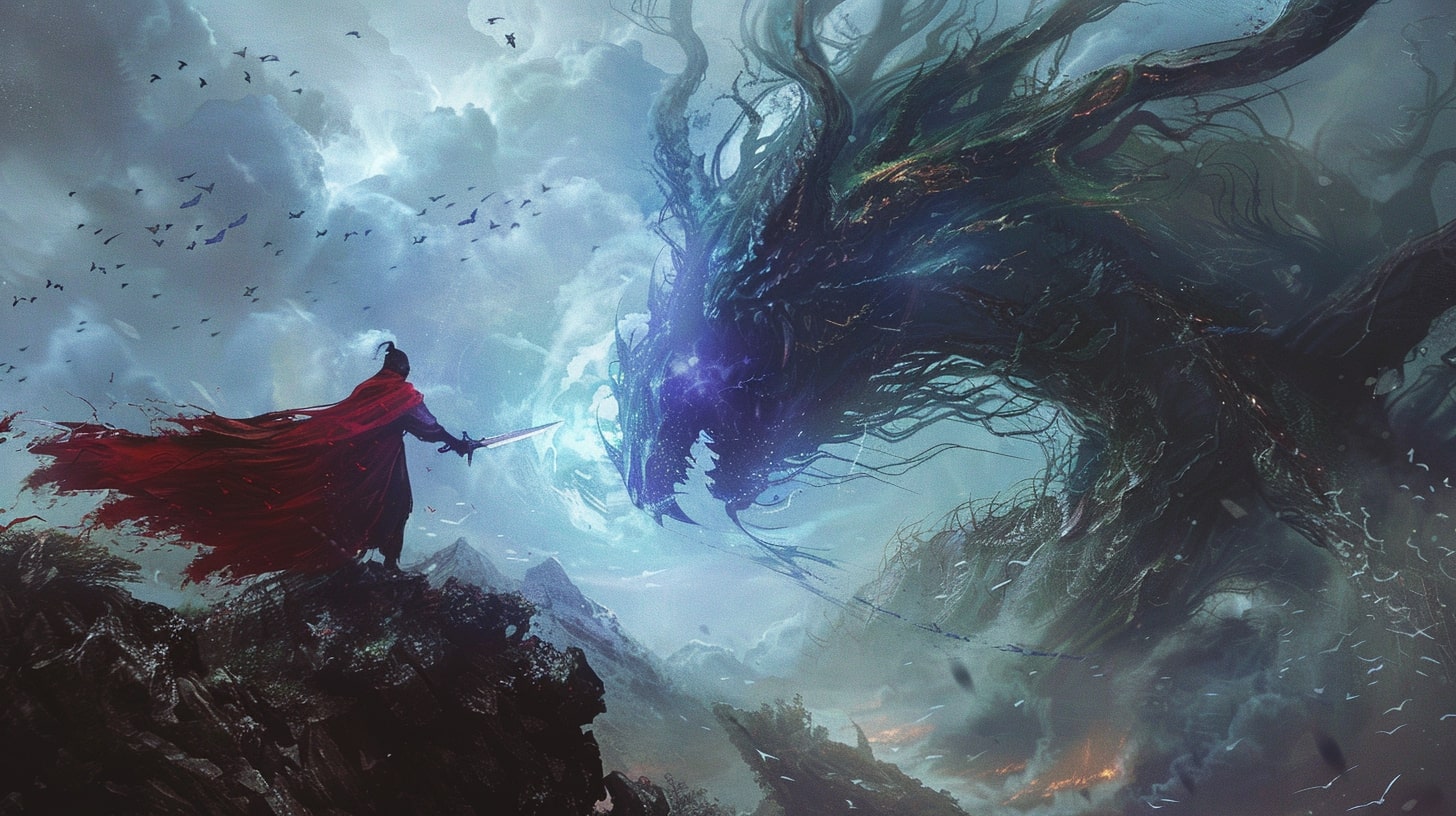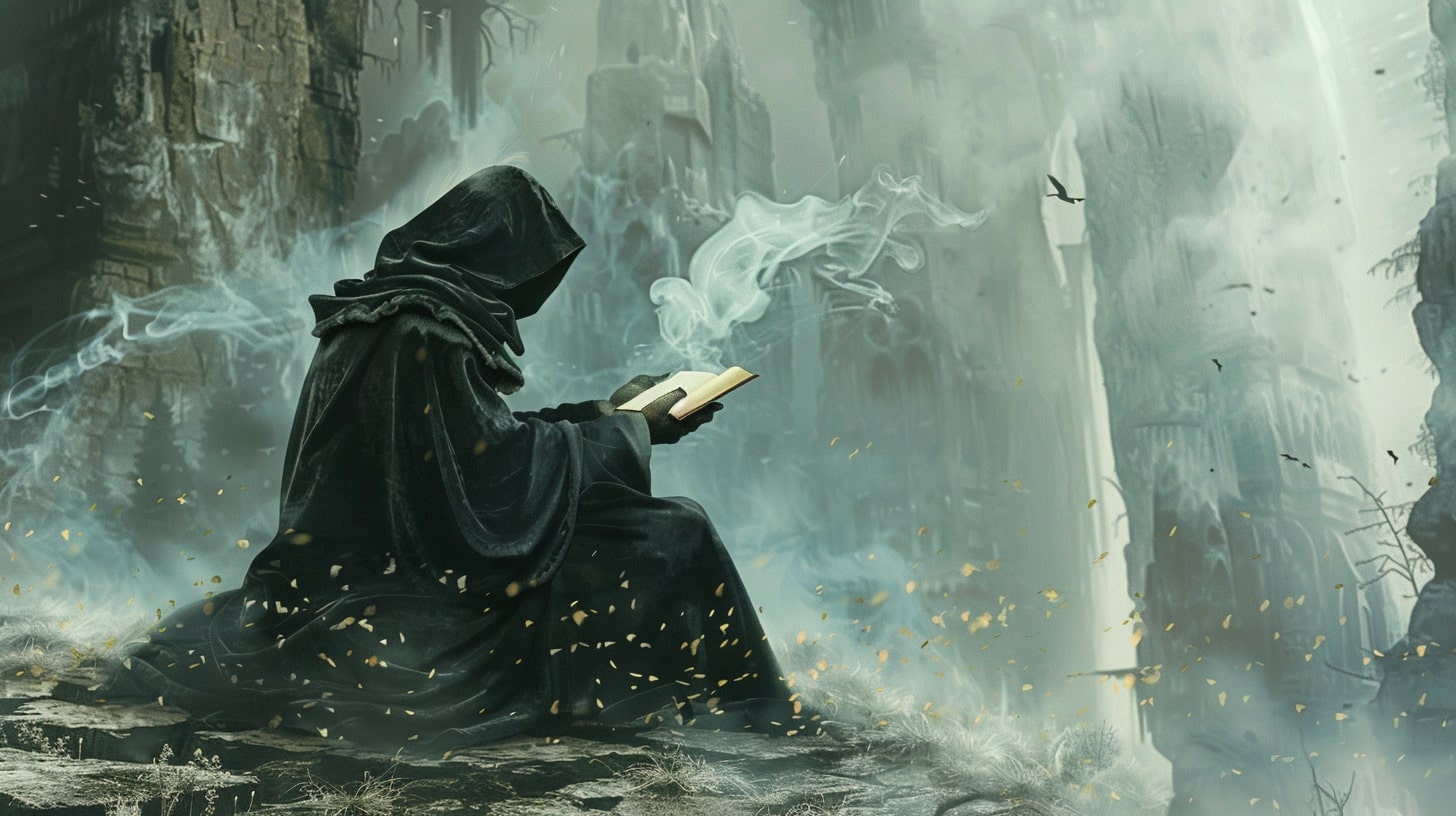The Art of Magic Systems
In the world of fantasy writing, magic systems play a vital role in creating captivating and immersive stories. They add an element of wonder and intrigue, allowing readers to escape into a realm where extraordinary abilities and supernatural forces exist.
The origins of these magic systems are diverse and can be influenced by various factors. Let's explore how to craft beautiful magic system origins so that your worldbuilding is stronger and your fantasy fiction is superb.
The Role of Magic Systems in Fantasy Writing
Magic systems serve as the cornerstone of many fantasy worlds. They provide the framework through which characters interact with and manipulate the supernatural forces within their universe.
Magic systems can be complex or simple, with their own set of rules, limitations, and unique characteristics. They enable characters to perform extraordinary feats, solve problems, and drive the plot forward.
A well-crafted magic system adds depth and authenticity to the world you create as a fantasy writer. It helps establish a sense of believability and consistency within the story, making the fantastical elements feel grounded and cohesive. By defining the rules and limitations of your magic system, you create a framework that sets the boundaries for what is possible within your fictional world.
Exploring the origins of magic systems can provide valuable insights and inspiration for your writing. By examining the diverse sources of magical traditions, you can develop a rich and unique magic system that resonates with your readers.
Now, let's delve into the origins of magic systems and uncover the various influences that shape them.
Exploring the Origins of Magic Systems
Magic systems find their roots in a myriad of sources, including ancient mythology, folklore, cultural beliefs, historical events, and personal experiences. By drawing inspiration from these origins, you can create a magic system that feels authentic and resonates with your readers.
Ancient mythology and folklore have long been a wellspring of magical inspiration. Ancient tales of gods, mythical creatures, and legendary heroes often incorporate elements of magic, demonstrating the enduring fascination humans have had with the supernatural.
Incorporating these mythological and folkloric elements into your magic system can infuse your story with a sense of enchantment and wonder.
Cultural and historical influences also play a significant role in shaping magic systems. Cultural beliefs and practices, such as shamanism or witchcraft, can provide a foundation for magical traditions within your world. Historical events, figures, and societal structures can shape the way magic is perceived and utilized by different groups or individuals.
Magical traditions and practices themselves offer a plethora of inspiration. Ancient rituals, spells, and divination techniques can be incorporated into your magic system, adding depth and authenticity. Exploring different forms of magic, such as elemental magic or nature-based magic, can provide a framework for your characters' abilities and the forces they manipulate.
Personal and intrinsic sources of magic, such as innate magical abilities or bloodlines, offer intriguing possibilities. Creating characters with unique magical talents and exploring how these abilities are inherited or developed can add layers of complexity to your story.
By delving into the origins of magic systems and incorporating elements from various sources, you can create a unique and compelling magical framework for your fantasy world. Remember to consider the rules, limitations, and internal logic of your magic system to maintain consistency and engage your readers.
Note: For more guidance and inspiration on developing your magic system, check out our article on magic system development.
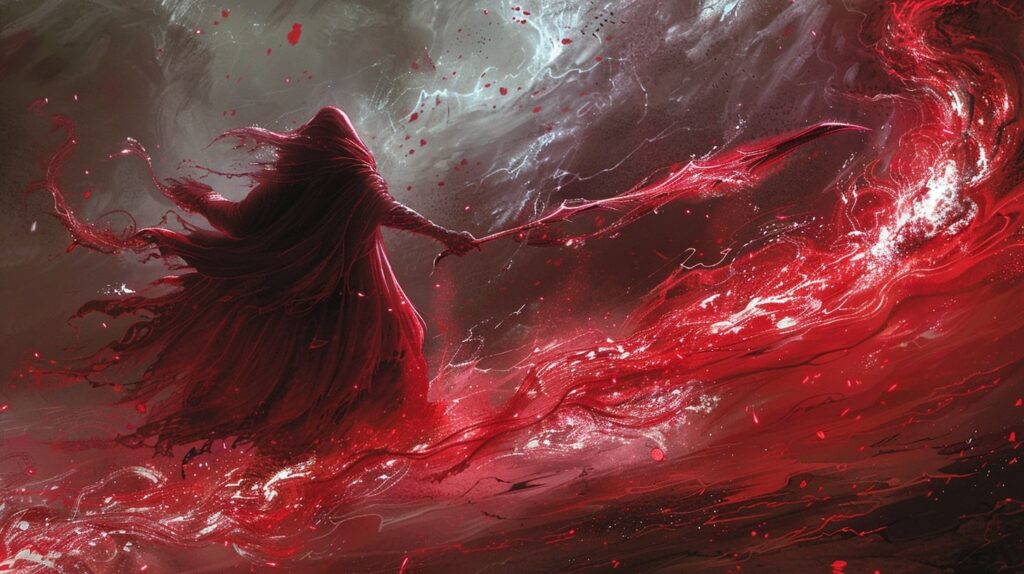
Magic System Origins: Ancient Mythology and Folklore
When it comes to magic system origins, ancient mythology and folklore have played a significant role in shaping the fantastical worlds we create. These rich sources of inspiration offer a treasure trove of ideas and concepts that can be incorporated into your own magic systems.
Influence of Ancient Mythology on Magic Systems
Ancient mythology has long captivated storytellers and continues to be a wellspring of inspiration for magic systems in fantasy writing.
Mythological tales from different cultures often feature gods, goddesses, and legendary beings with extraordinary powers. These stories offer a glimpse into the possibilities of magic and its potential effects on the world.
By drawing inspiration from ancient mythology, you can infuse your magic systems with a sense of mysticism and wonder. Consider the magical abilities possessed by mythological characters and how they are acquired or inherited. Look for common themes, such as elemental manipulation, divine intervention, or the use of ancient artifacts, and adapt them to fit your own unique magic system.
Incorporating Folklore into Magic Systems
Folklore, with its tales of fantastical creatures, mystical rituals, and supernatural phenomena, provides another rich source of inspiration for magic systems. Folklore often reflects the beliefs, values, and traditions of a particular culture or region, making it a valuable resource for worldbuilding.
Incorporating elements of folklore into your magic systems adds depth and authenticity to your world. Explore the mythical creatures and magical practices that are prominent in the folklore of different cultures.
Consider how these creatures interact with magic, whether they are guardians of ancient knowledge or sources of untamed power.
By intertwining elements of ancient mythology and folklore, you can create a magic system that feels rooted in history and culture. This not only adds layers of complexity to your storytelling but also enhances the immersion and believability of your fantasy world.
To further explore the development of magic systems and gain inspiration for your own, check out our article on magic system development. Additionally, if you're interested in specific types of magic systems, such as elemental magic or divine magic, we have articles on those topics as well.
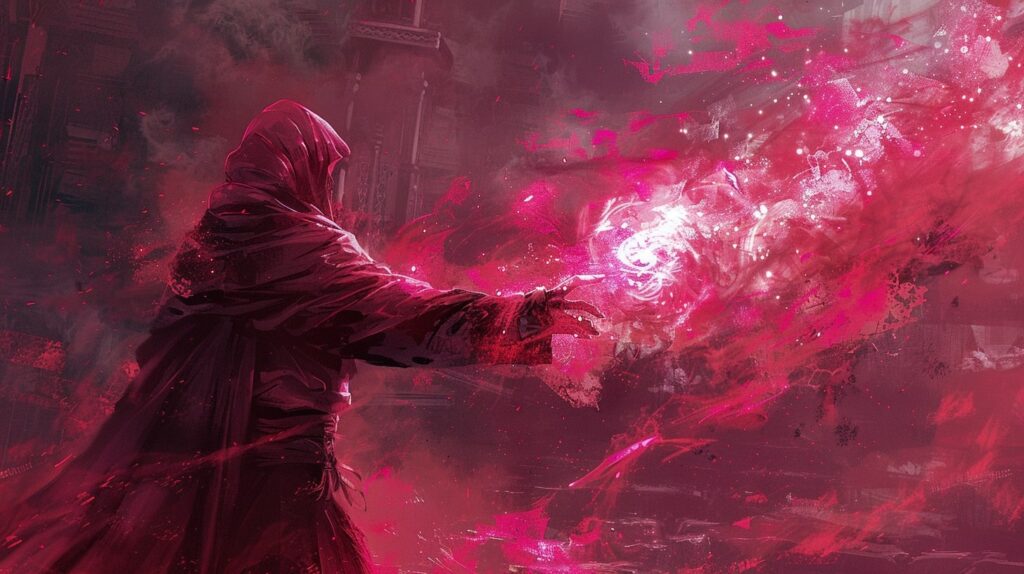
Cultural and Historical Influences
In the world of fantasy writing, magic systems are often shaped by a variety of influences, including cultural beliefs, historical events, and influential figures. These elements add depth and richness to the magic systems you create for your stories.
Cultural Beliefs and Practices
Cultural beliefs and practices have a significant impact on the development of magic systems. Different cultures have their own unique understanding and interpretation of magic. For example, some cultures may view magic as a sacred art, deeply rooted in spiritual practices and rituals. Others may associate magic with specific elements, such as the moon or the natural world.
When designing a magic system, consider the cultural context within your world. Explore how different societies perceive and interact with magic. You can draw inspiration from real-world cultural practices, folklore, and mythologies to create a more authentic and immersive magic system. For more ideas on incorporating cultural elements into your magic systems, check out our article on magic system ideas.
Historical Events and Figures
History can also play a significant role in shaping magic systems. Historical events, such as wars, revolutions, or the rise and fall of empires, can influence the development and perception of magic within a society. These events may lead to the emergence of powerful magic-users or the suppression of magical abilities.
Additionally, historical figures, such as legendary heroes, witches, or sorcerers, can inspire the portrayal of magic in your world. Their stories and exploits may become the basis for myths and legends, influencing the beliefs and practices of magic-users in your fictional world.
By incorporating historical events and figures into your magic systems, you can add a sense of realism and depth to your storytelling. This can help readers connect with the magic and better understand its place within the world you've created. For more information on different types of magic systems, visit our article on types of magic systems.
As you explore the origins of magic systems, consider how cultural beliefs, historical events, and influential figures shape the way magic is understood and utilized in your world. By integrating these elements, you can create a more immersive and captivating magical experience for your readers.
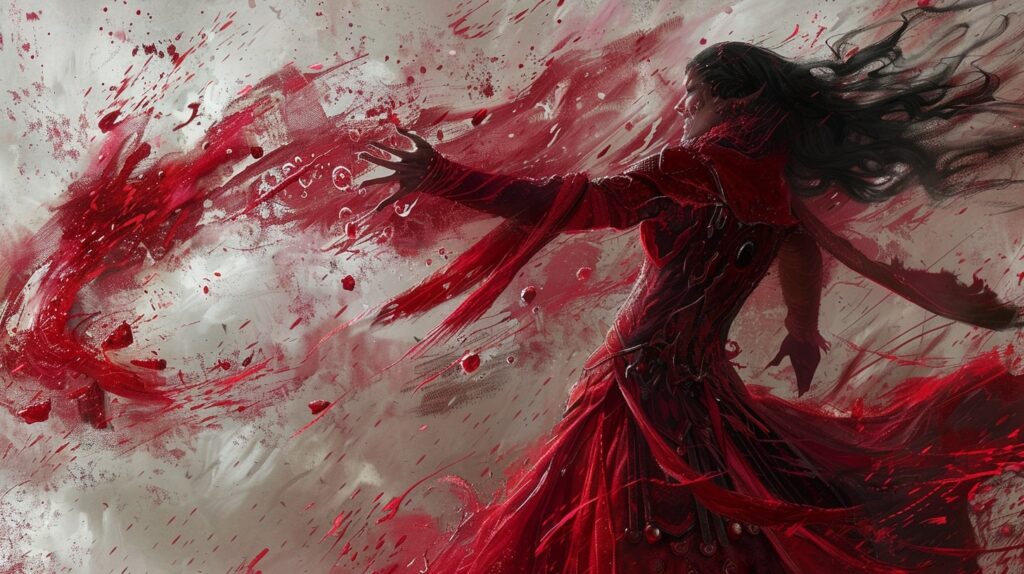
Magical Traditions and Practices
Within the realm of magic systems, there are various magical traditions and practices that have contributed to the rich tapestry of fantasy worlds. These traditions encompass ancient rituals, spells, divination, and prophecy, each with their own unique origins and significance.
Ancient Rituals and Spells
Ancient rituals and spells form an integral part of magical traditions. These rituals often involve specific actions, incantations, or the use of mystical objects to channel and manipulate magical energy. The origins of these rituals can be traced back to ancient civilizations and their belief systems.
Rituals can range from simple to complex, involving ceremonies that evoke the forces of nature, celestial bodies, or even ancestral spirits. For example, a ritual performed under the light of a full moon might harness the power of lunar energy to enhance spellcasting.
Spells, on the other hand, are specific incantations or enchantments designed to achieve a desired magical effect. They can be spoken, written, or even sung, using ancient languages or mystical symbols. The knowledge and mastery of spells are often passed down through generations or found within ancient tomes of magical lore.
Divination and Prophecy
Divination and prophecy play a significant role in many magical systems. Divination is the practice of gaining insight or knowledge about the future or hidden truths through supernatural means. This can be done through various methods such as tarot cards, scrying, palmistry, or interpreting celestial patterns.
Prophecy, on the other hand, involves receiving or interpreting messages or visions of future events. Prophetic abilities may be possessed by individuals with innate magical gifts or bestowed upon them by higher powers.
The interpretation of prophecies often requires deep knowledge and understanding of symbolism and metaphysical concepts.
Both divination and prophecy are tools used to guide and shape the narrative of a fantasy world. They add an element of mystery and anticipation, allowing characters to seek guidance or navigate through complex storylines.
By incorporating ancient rituals, spells, divination, and prophecy into your magic systems, you can infuse your fantasy world with a sense of mysticism and wonder. These magical traditions and practices not only add depth to your storytelling but also provide opportunities for characters to explore their destinies and unravel the secrets of your world.
Nature and Elemental Forces
In the realm of magic systems, harnessing the power of nature and the elements has long captivated the imaginations of fantasy writers like yourself.
Drawing inspiration from the natural world and its forces, these magical practices bring an enchanting touch to your storytelling. Explore the fascinating origins of harnessing the power of nature and elemental magic in this section.
Harnessing the Power of Nature
Nature has always held a profound influence on human societies and their belief systems. It's no wonder that many magic systems incorporate the essence of nature into their practices.
From the ancient druids of Celtic mythology to the shamanic traditions of indigenous cultures, magic rooted in nature seeks to forge a deep connection between individuals and their natural surroundings.
Incorporating nature-based magic into your worldbuilding can involve practices such as communing with animals, controlling plants, manipulating weather, or tapping into the energy of natural elements like earth, air, water, and fire. The possibilities are as vast as the natural world itself.
To develop a nature-based magic system, consider how magic users in your world draw upon the unique qualities of their environment. Perhaps they perform rituals in sacred groves, meditate under waterfalls, or channel energy through crystals. By grounding your magic in the wonders of nature, you can create a sense of harmony and balance in your fictional world.
Elemental Magic and its Origins
The concept of elemental magic revolves around the manipulation of the fundamental forces of nature. It draws inspiration from the classical elements of earth, air, fire, and water, which have been present in mythologies and belief systems throughout history.
In elemental magic systems, practitioners wield the power of these elements in various ways. For example, an adept may command flames, summon gusts of wind, control the earth beneath their feet, or manipulate the tides. The strength and mastery of these abilities can vary depending on the individual and their training.
Origins of elemental magic can be traced back to ancient civilizations that sought to explain natural phenomena through the lens of the elements. These beliefs formed the basis for magical practices that sought harmony with the elements and harnessed their power.
When designing an elemental magic system, consider the strengths and weaknesses associated with each element. Explore how different cultures in your world interpret and interact with these forces. By weaving elemental magic into your narrative, you can add depth and intrigue to your fantastical realm.
As you delve into the origins of magic systems, the possibilities for your worldbuilding expand. Whether you choose to explore nature-based magic or delve into the manipulation of elemental forces, remember that the origins of magic systems are as diverse and unique as your imagination allows.
Let the magic flow through your words as you craft captivating tales filled with wonder and enchantment.
Personal and Intrinsic Sources
In the realm of magic systems, there are often personal and intrinsic sources of magical abilities that add depth and uniqueness to characters and their powers. These sources include innate magical abilities and bloodlines and ancestral magic.
Innate Magical Abilities
Some individuals are born with an inherent connection to magic, possessing innate magical abilities that manifest naturally within them. These abilities can vary greatly and may include telekinesis, telepathy, healing, or elemental manipulation, among others.
Innate magical abilities are often depicted as part of a character's identity, shaping their role within the fantasy world. This source of magic is deeply intertwined with the character's personal journey and growth, as they learn to understand and harness their powers.
Characters with innate magical abilities may explore their powers through self-discovery or be guided by mentors who teach them how to control and develop their skills. The process of unlocking and mastering these abilities can provide compelling arcs and storylines, allowing characters to evolve throughout the narrative.
Bloodlines and Ancestral Magic
Another source of personal magic lies in bloodlines and ancestral magic. In many fantasy worlds, certain families or lineages possess a hereditary connection to magical powers. The magic flows through their bloodlines, granting them unique abilities that are passed down from generation to generation.
These magical bloodlines often come with a rich history and lore. The knowledge and traditions associated with ancestral magic can be preserved through rituals, tomes, or oral traditions handed down through the ages.
Characters with ancestral magic may delve into their family's past, seeking ancient knowledge or unlocking dormant powers within themselves.
The concept of bloodlines and ancestral magic adds a layer of inheritance and legacy to magic systems, creating a sense of heritage and belonging. It can also introduce interesting dynamics within families, as characters grapple with the weight of their lineage and the responsibilities that come with their magical heritage.
By incorporating innate magical abilities and bloodlines and ancestral magic into your magic system, you can create captivating characters with unique sources of power.
These personal and intrinsic sources not only add depth to your worldbuilding, but they also provide opportunities for character development and exploration of identity. So, as you craft your magic system, consider the diverse origins of magic and how they can shape the narrative and the individuals who wield its power.

